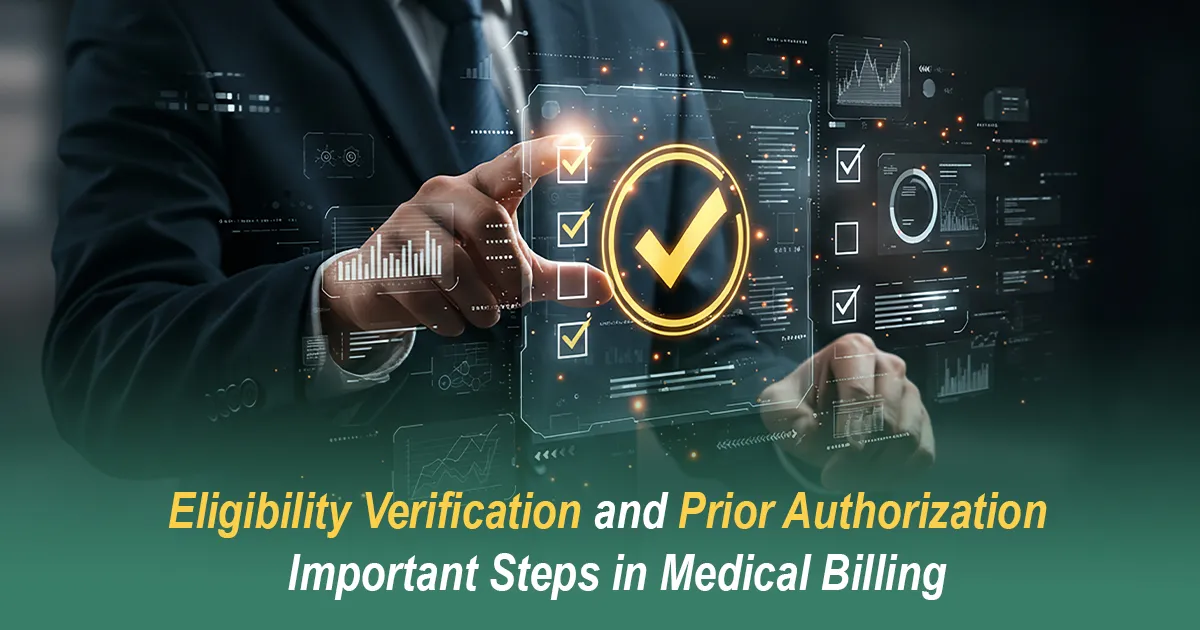
Posted By: Medsole RCM
Posted Date: Jun 30, 2025
In today’s healthcare environment, accurate billing starts before a claim is submitted. Eligibility verification and prior authorization play an important role in minimizing claim rejections and payment delays. These steps are important because they check that patient and provider are on the same page.
In medical billing process, eligibility verification and prior authorization are very important steps. If these steps skip or not handled properly then it may lead to claim rejections, delayed reimbursements, and frustration of patients.
At MedSole RCM, we work with providers across the U.S. to handle all billing steps thoroughly and efficiently. We help practices to avoid billing issues that can impact revenue or patient care.
The process of checking insurance coverage of patient before an appointment or any procedure is the Eligibility Verification.
Things to be confirmed:
Prior authorization, also term as pre-approval or pre-certification, is when a healthcare provider must obtain approval from the insurance payer before delivering specific treatments or procedures. This is usually required for:
The insurance company have to right to delay the claim if when required prior authorization is not obtained.
With these two processes, eligibility check and prior authorization the rate of denied claims reduces, communication with patients become better, and revenue cycle improves.
Missing any of these steps can result in:
Importance of these steps can’t be denied, but these steps are time consuming too, often leads to frustrating for providers and staff. Some common hurdles include:
This is where having a medical billing partner like MedSole RCM makes a difference. Our team stays updated with payer policies and handles follow-ups, reducing errors and improving turnaround time.
Many practices now use billing platforms or clearinghouses that allow real-time eligibility checks. However, in some cases manual calls or portals check is necessary because all insurance plans are not available through automated tools.
Even with automation, human oversight is essential to:
Below are some actions by which we can reduce complications:
By setting up a clear workflow, healthcare teams can maintain better control over billing operations.
At MedSole RCM, our team handles eligibility verification and prior authorization with accuracy and consistency. We:
By this, providers can focus to deliver best patient care instead of worrying about the delays or paper work.
As we all know that Eligibility verification and prior authorization are considered to be routine tasks, but practice revenue can be directly hurt if there is a mistake in these steps. Which may result in bad patient experience.
At MedSole RCM, our team work on these processes with care and support providers by handling the entire workflow from checking coverage to managing approvals with accuracy.
Get free Consultation Today or visit our website https://medsolercm.com/
1. What is eligibility verification in medical billing?
The process of checking the status of patient’s insurance policy, whether it’s active or not, and the details of services covered by the insurance.
2. Why prior authorization is needed?
Insurance companies require prior authorization for some specific procedures or medications to confirm medical necessity before approving the payment.
3. Who is responsible for verifying eligibility and obtaining prior authorization?
Usually, the front-desk staff, billing team, or a dedicated RCM partner handles this process on behalf of providers.
4. How far in advance should eligibility be verified?
Ideally, it should be checked 24 to 72 hours before the scheduled appointment or procedure.
5. What happens if prior authorization is not obtained?
The insurance company may deny the claim, and in result of that the provider or patient financially responsible for the full cost of the service.
6. Are all procedures subject to prior authorization?
No. Only specific services listed by the insurance company require prior authorization, usually those that are costly.
7. Can prior authorization be denied even if the patient is eligible?
Yes. A patient might be eligible for coverage but still authorization be denied if the service doesn’t meet the payer’s medical necessity criteria.
8. How much time it takes to get a decision of prior authorization?
It varies payer to payer, some payers respond within 24–48 hours, while some may take up to a week. It depends on the service and documentation required.
9. If a prior authorization is denied what should provider do?
They can ask for the appeal, submit additional documentation, or request reviews with the payer's medical director.
10. Does eligibility verification guarantee payment?
Eligibility verification helps to reduce denials, but final payment depends on proper claim submission and meeting all rules of payer.
Get quick highlights instantly
Recent Blogs
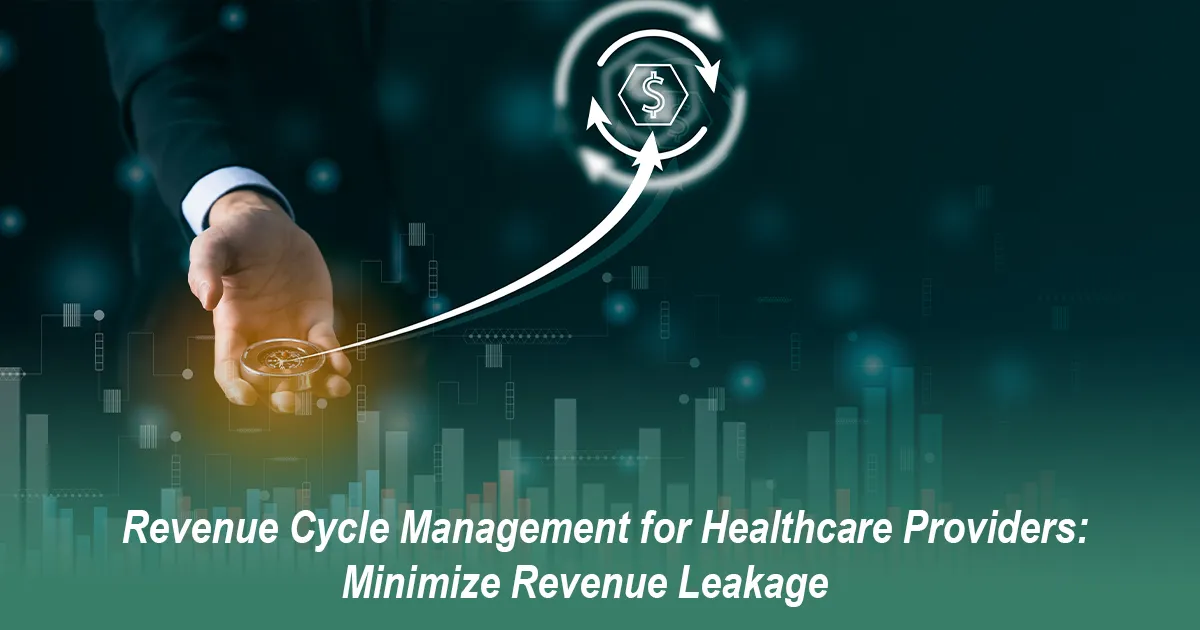
Posted Date: Jun 24, 2025
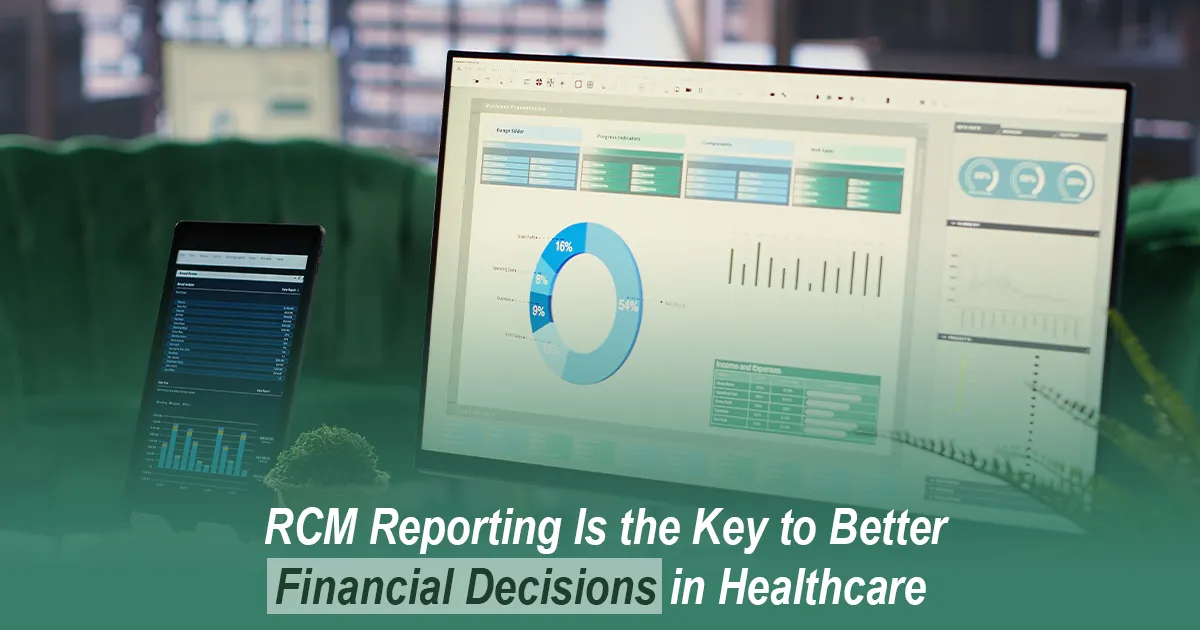
Posted Date: Jun 26, 2025
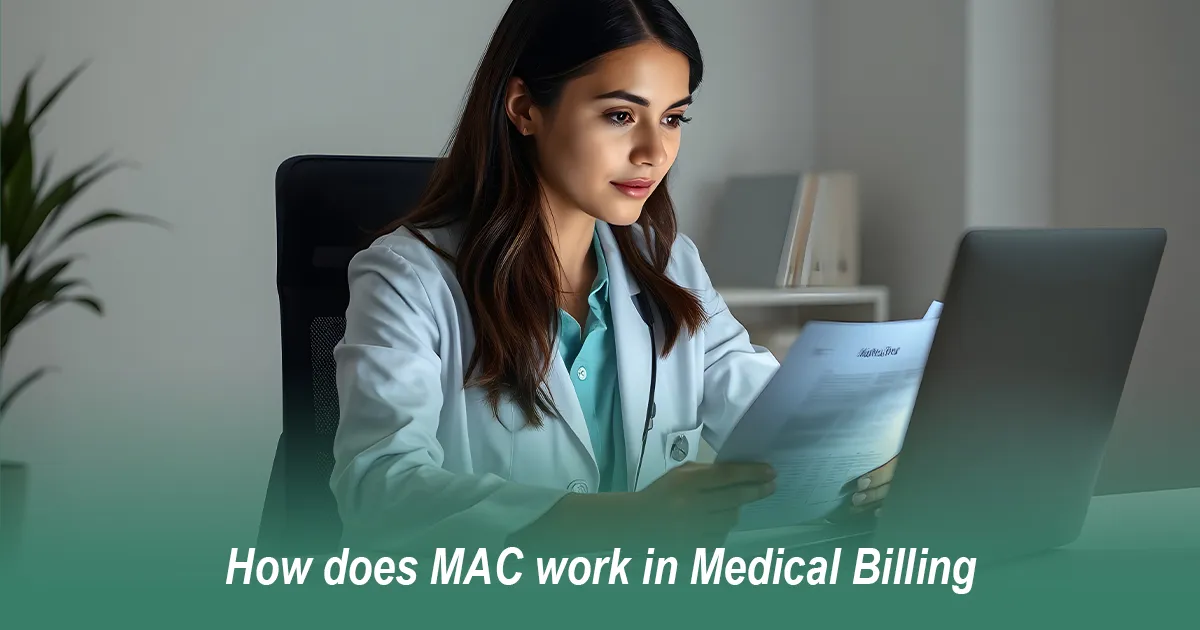
Posted Date: Jun 28, 2025

Posted Date: Jun 30, 2025

Posted Date: Jul 02, 2025
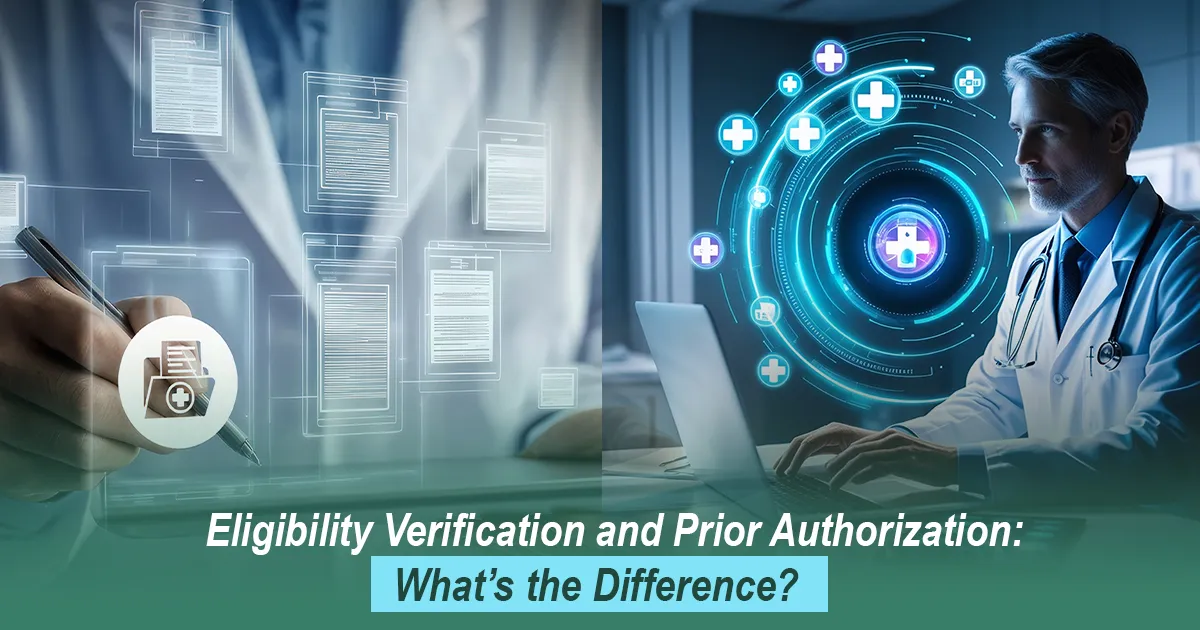
Posted Date: Jul 04, 2025
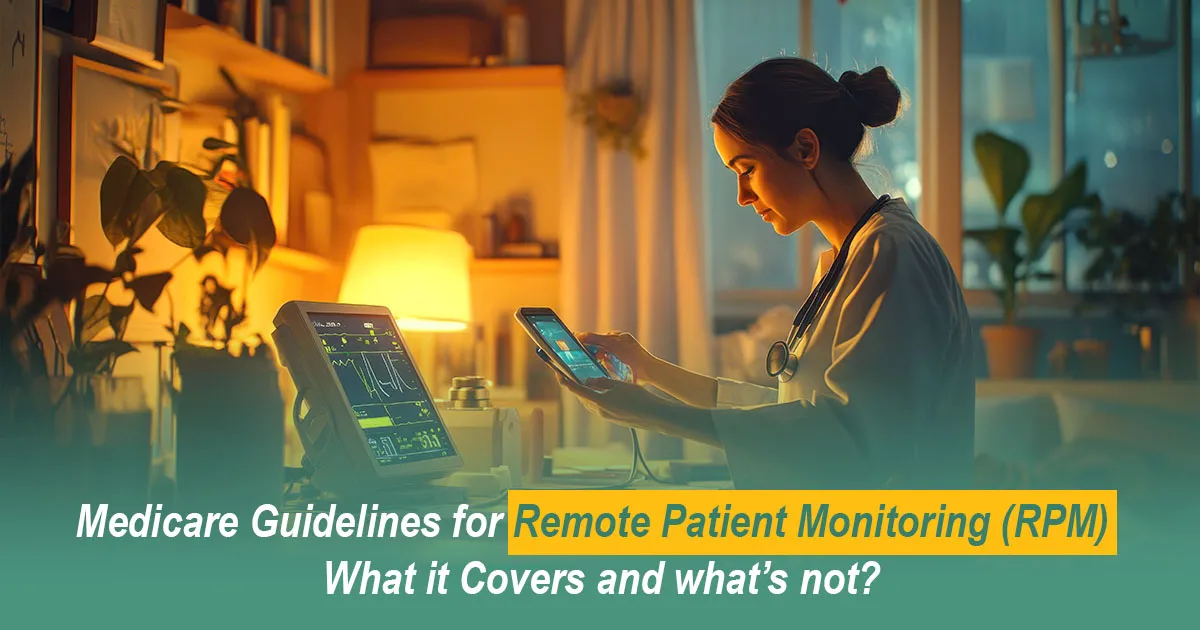
Posted Date: Jul 07, 2025
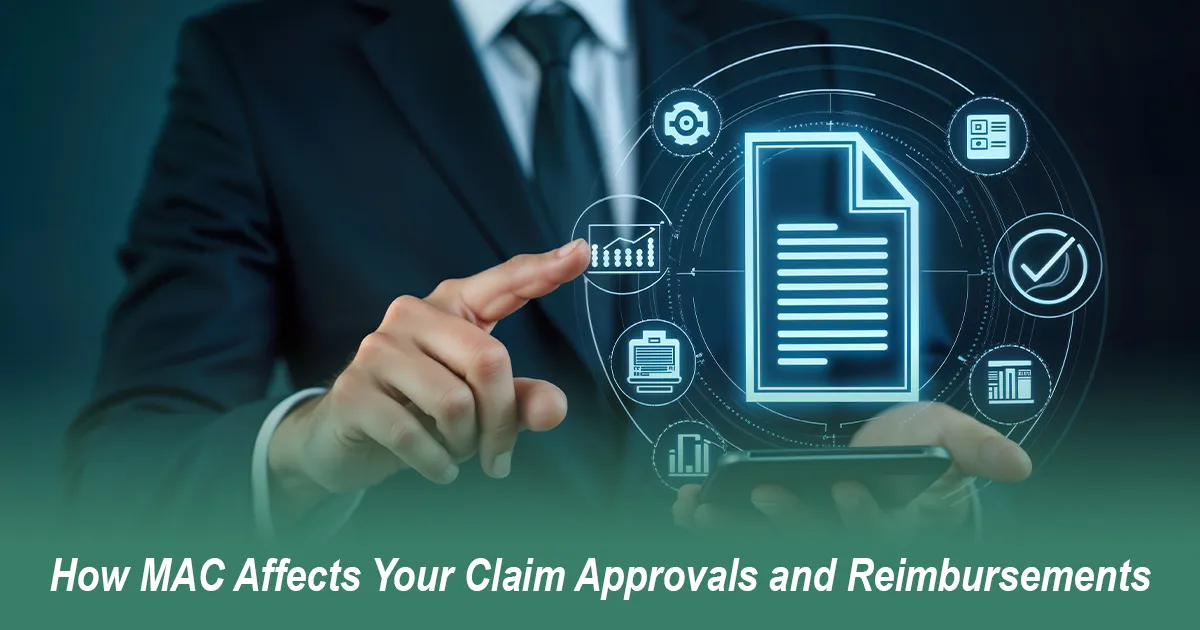
Posted Date: Jul 09, 2025
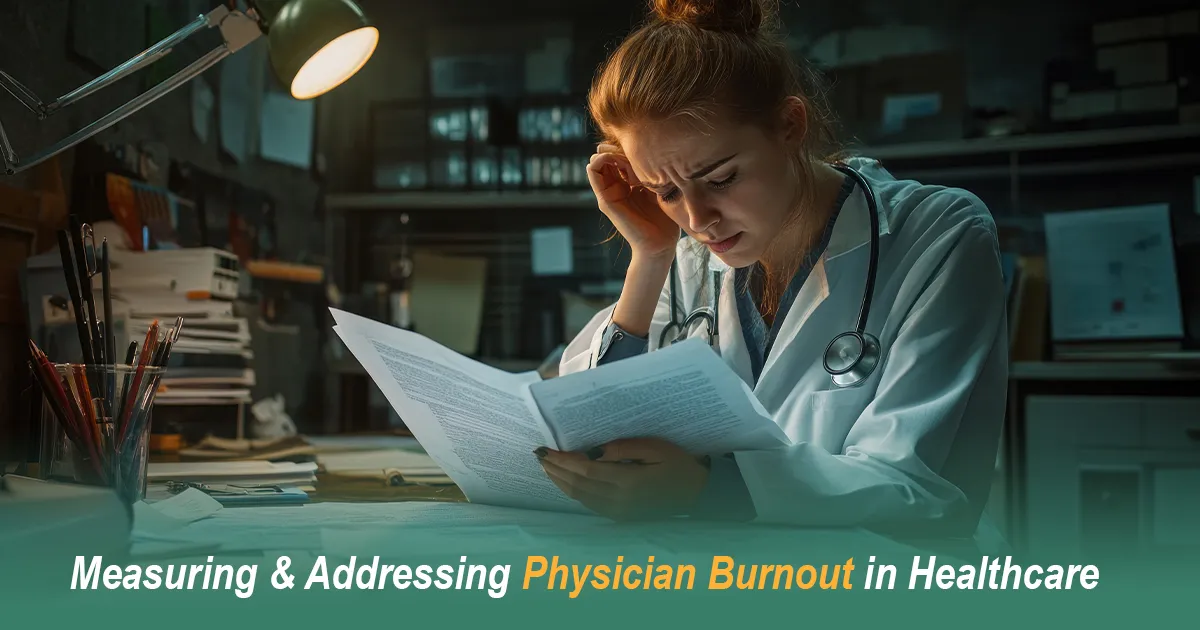
Posted Date: Jul 11, 2025

Posted Date: Jul 14, 2025

Posted Date: Jul 16, 2025

Posted Date: Jul 18, 2025
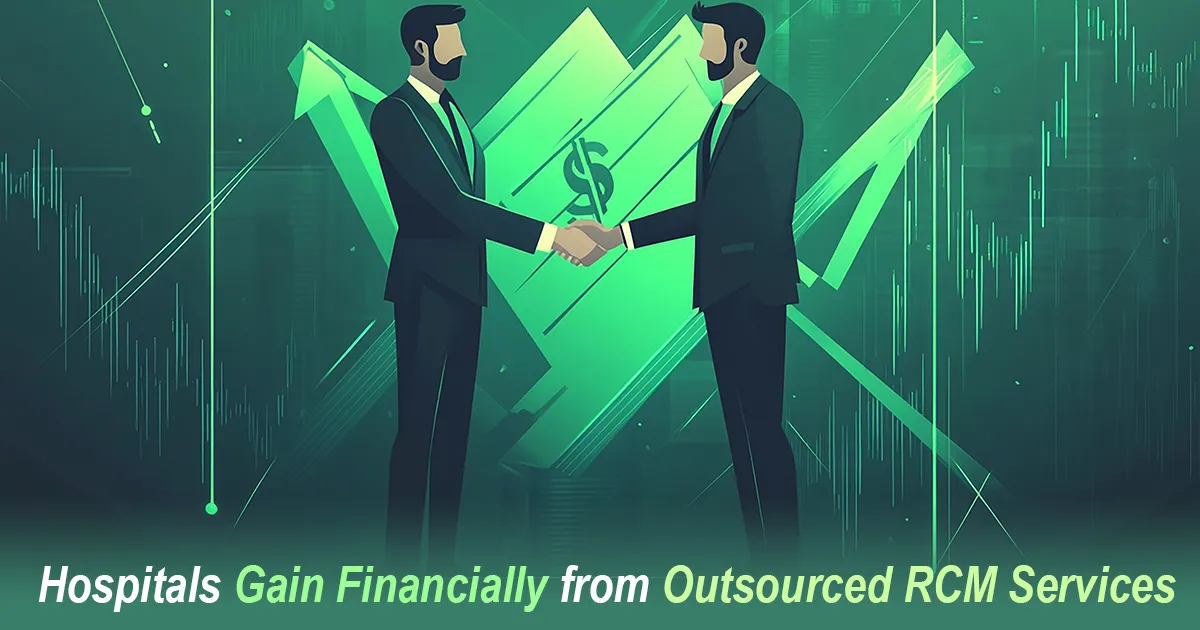
Posted Date: Jul 22, 2025
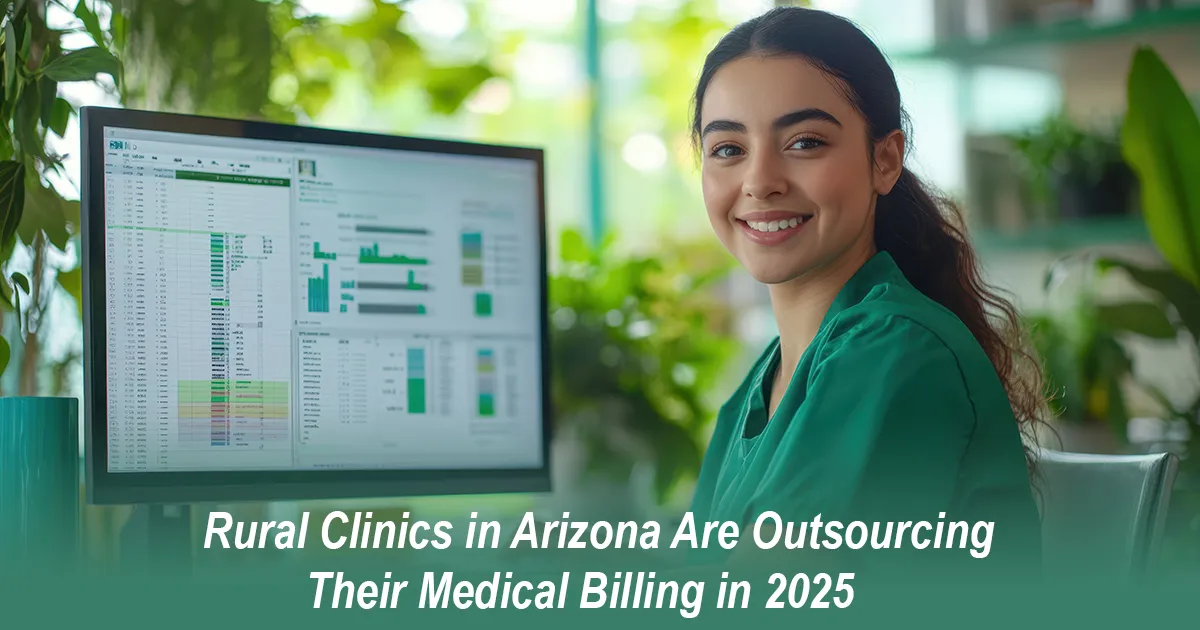
Posted Date: Jul 23, 2025
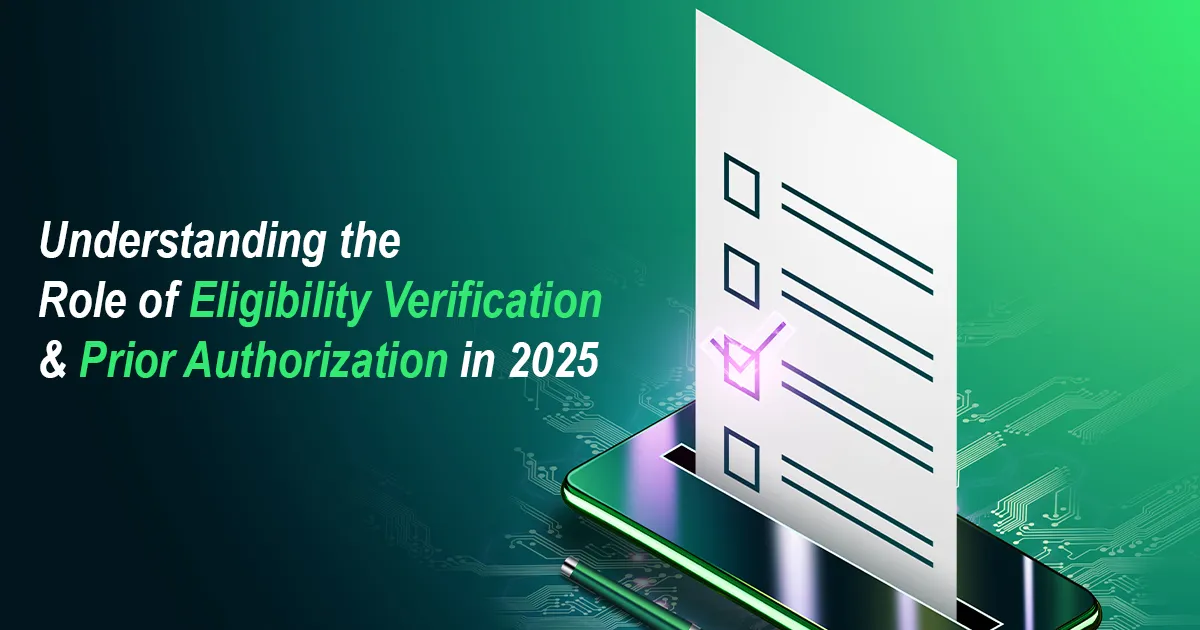
Posted Date: Jul 25, 2025

Posted Date: Jul 28, 2025

Posted Date: Aug 01, 2025

Posted Date: Aug 04, 2025

Posted Date: Aug 06, 2025
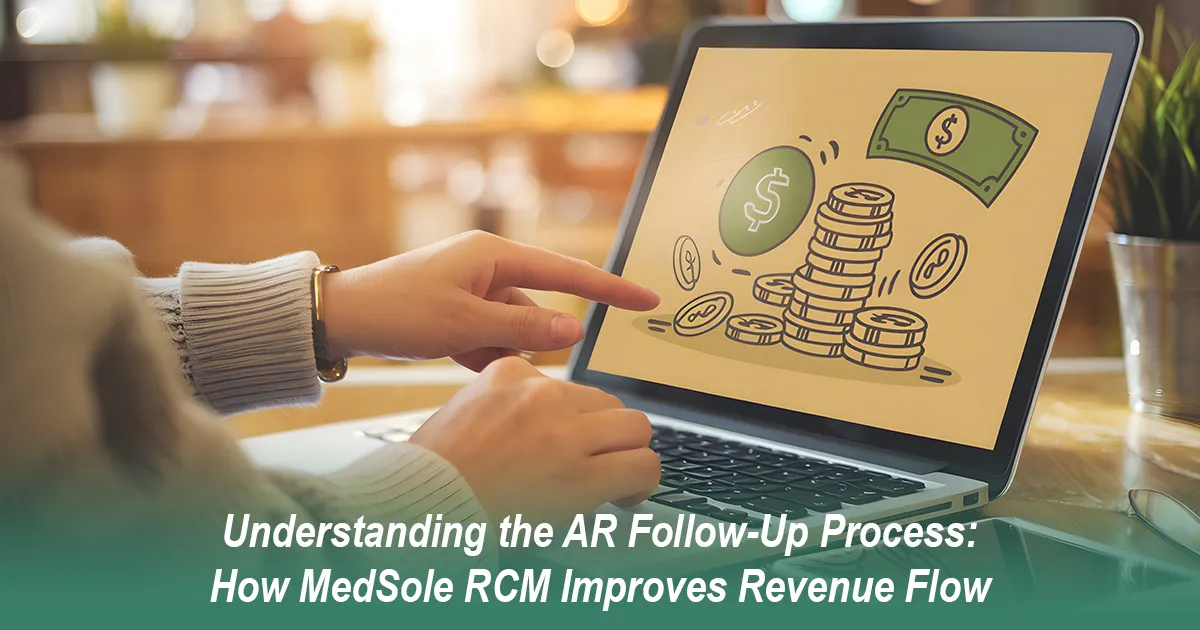
Posted Date: Aug 08, 2025
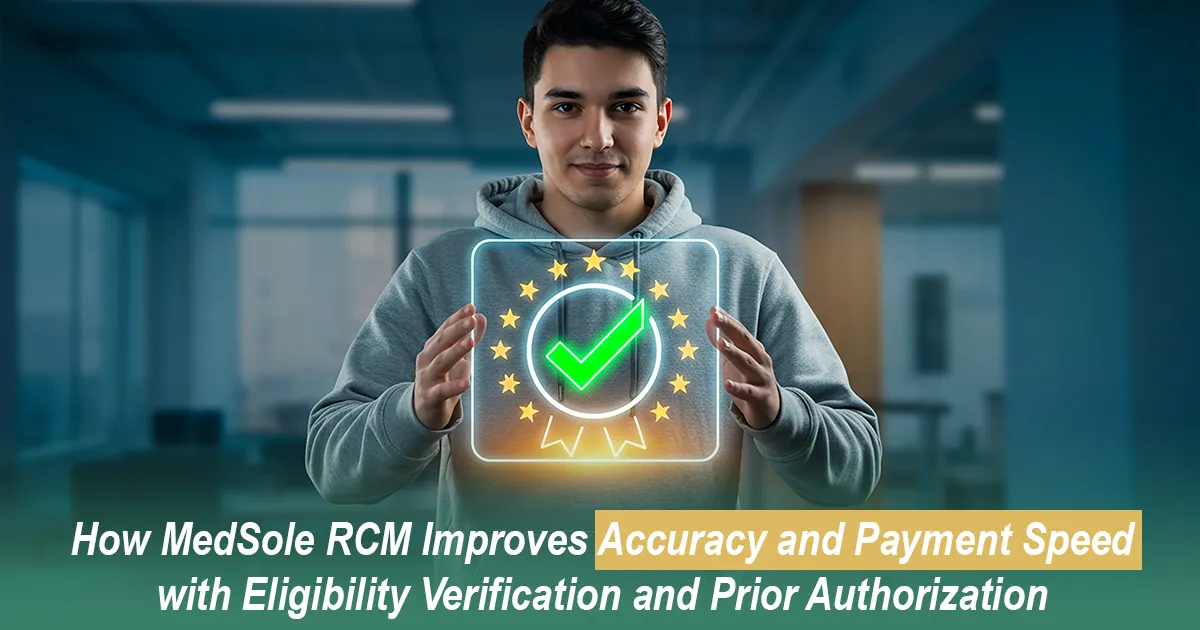
Posted Date: Aug 11, 2025
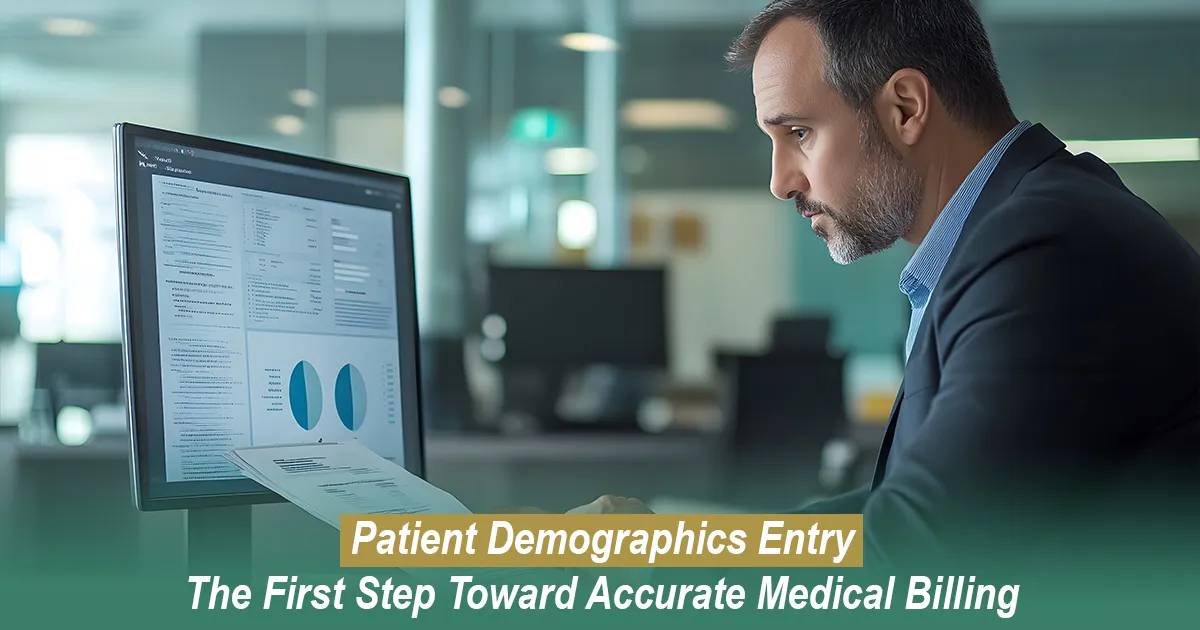
Posted Date: Aug 14, 2025
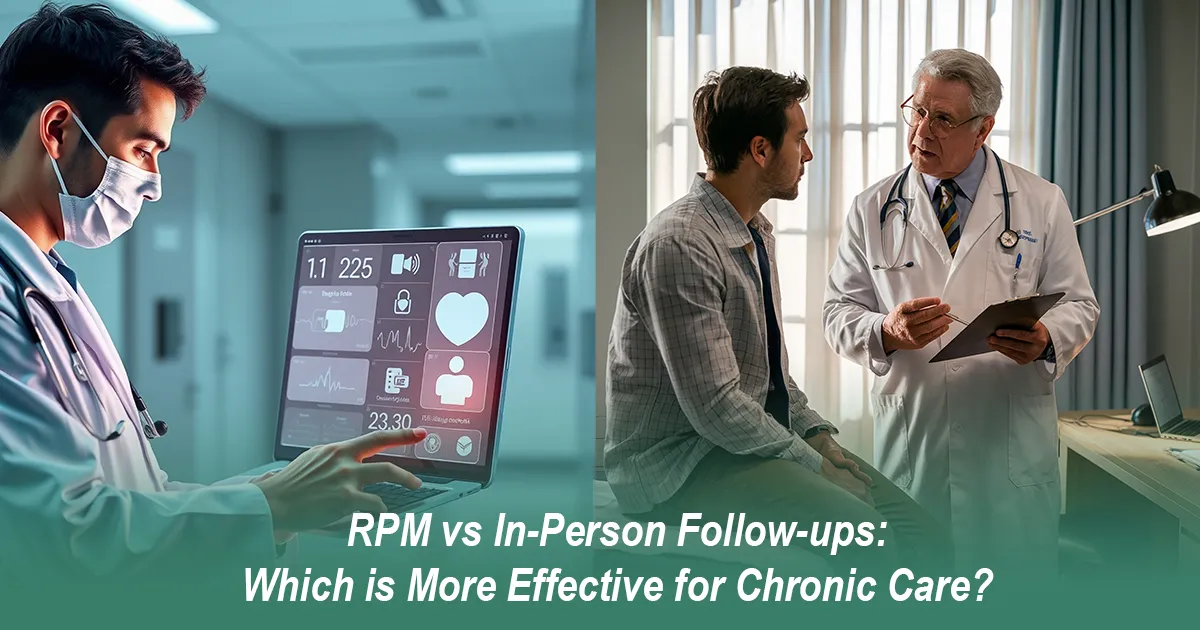
Posted Date: Aug 18, 2025
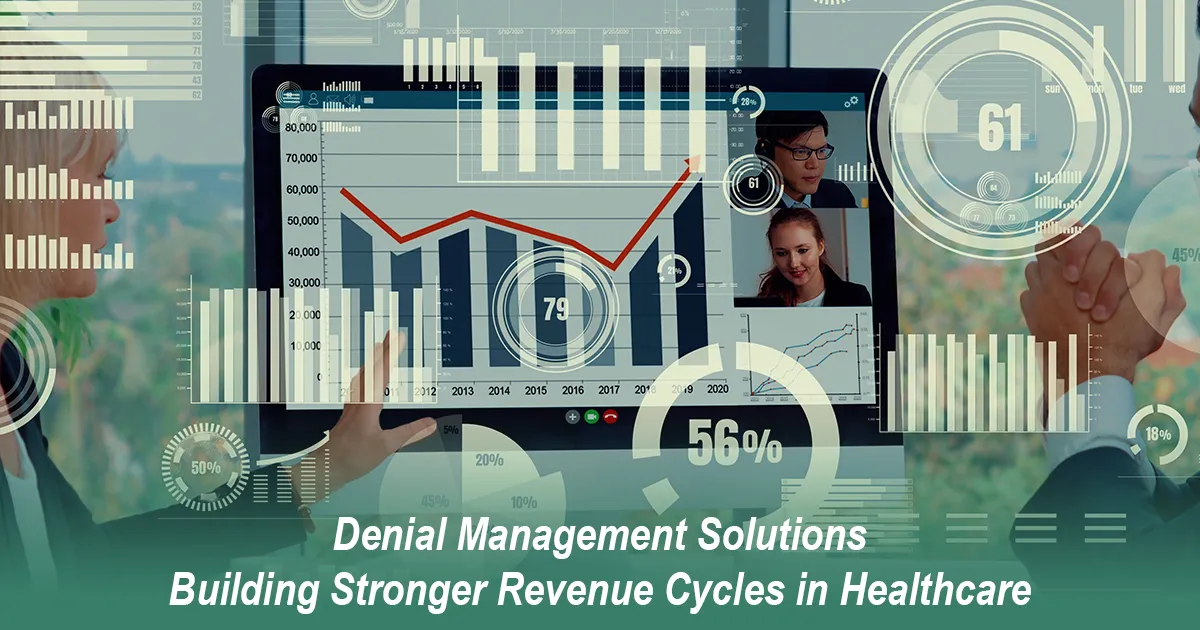
Posted Date: Aug 20, 2025
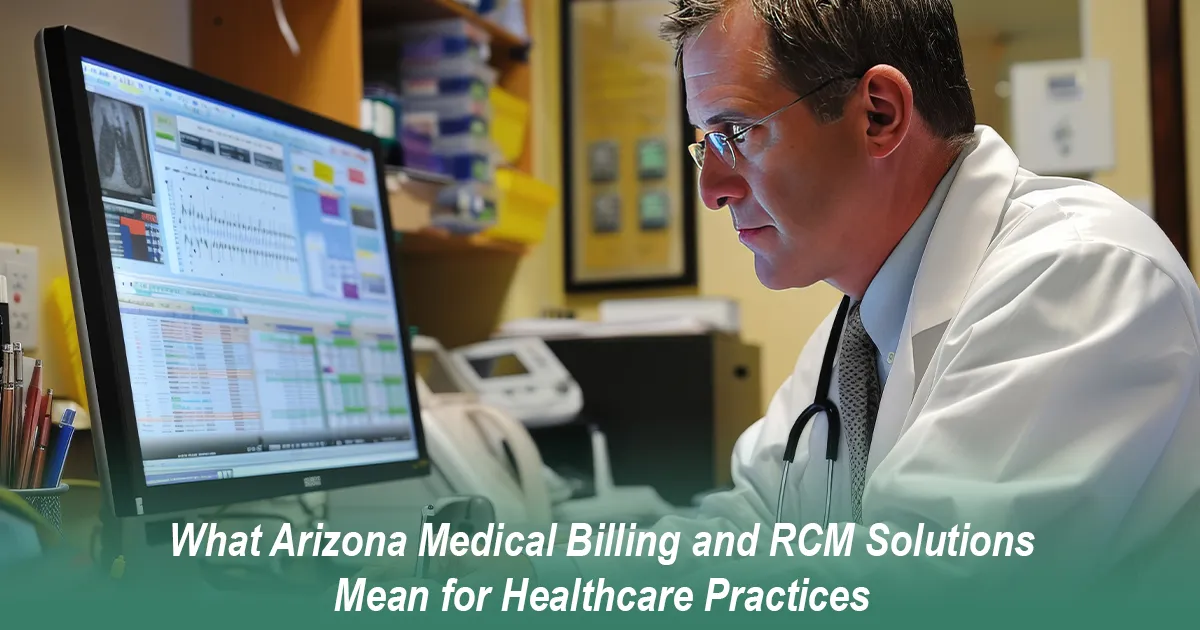
Posted Date: Aug 25, 2025

Posted Date: Aug 27, 2025
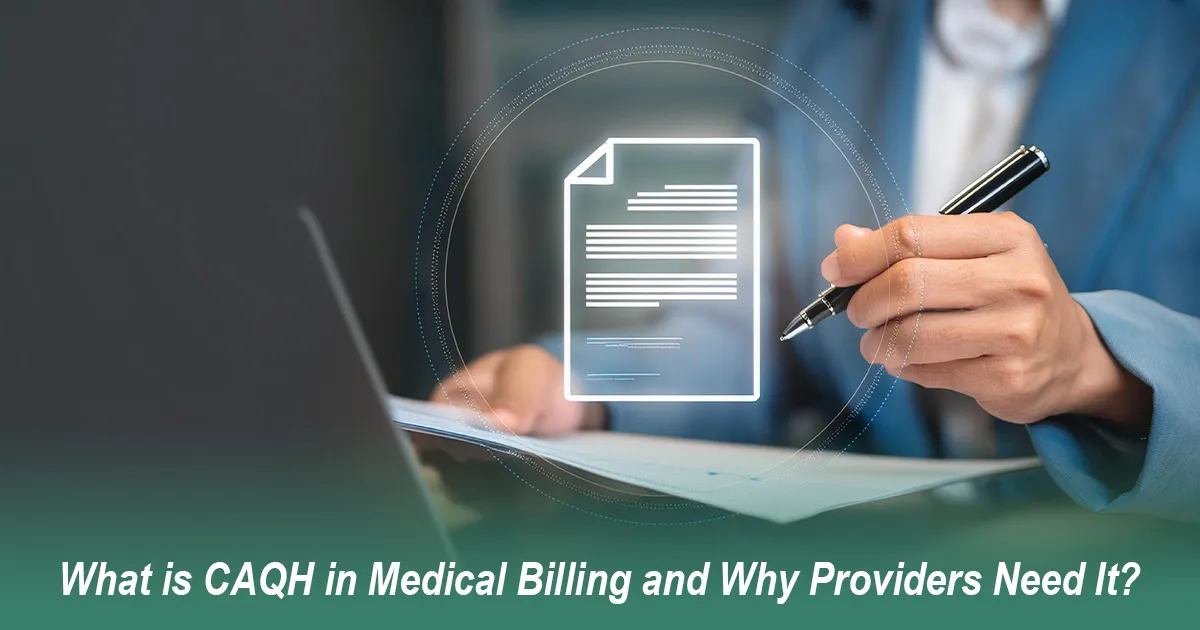
Posted Date: Aug 29, 2025
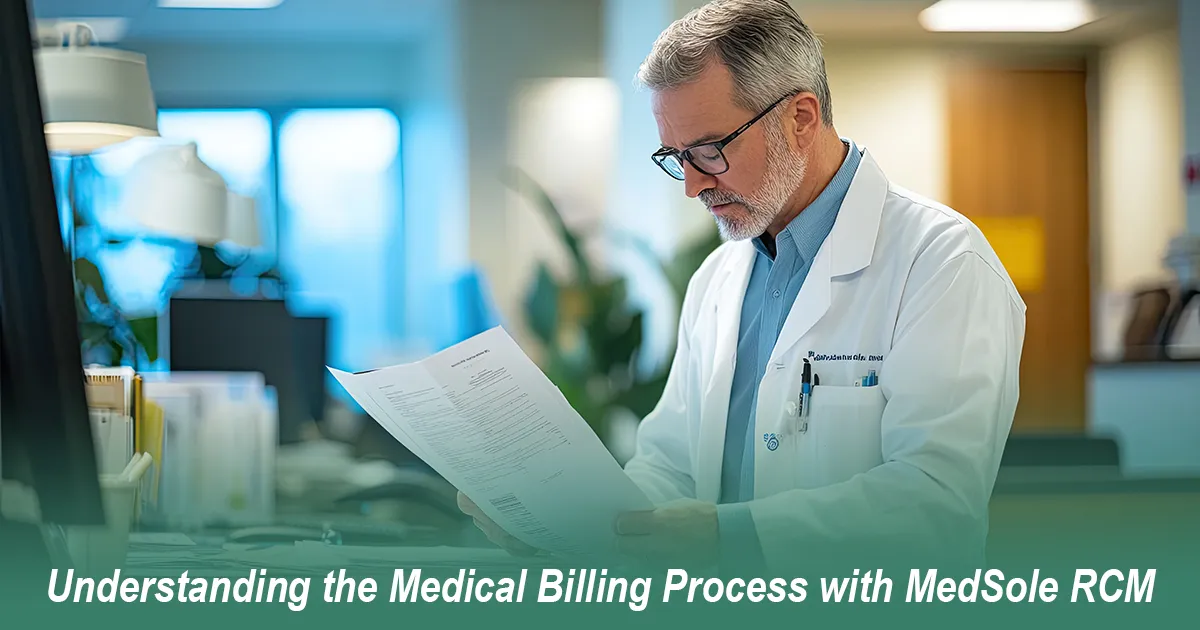
Posted Date: Sep 03, 2025
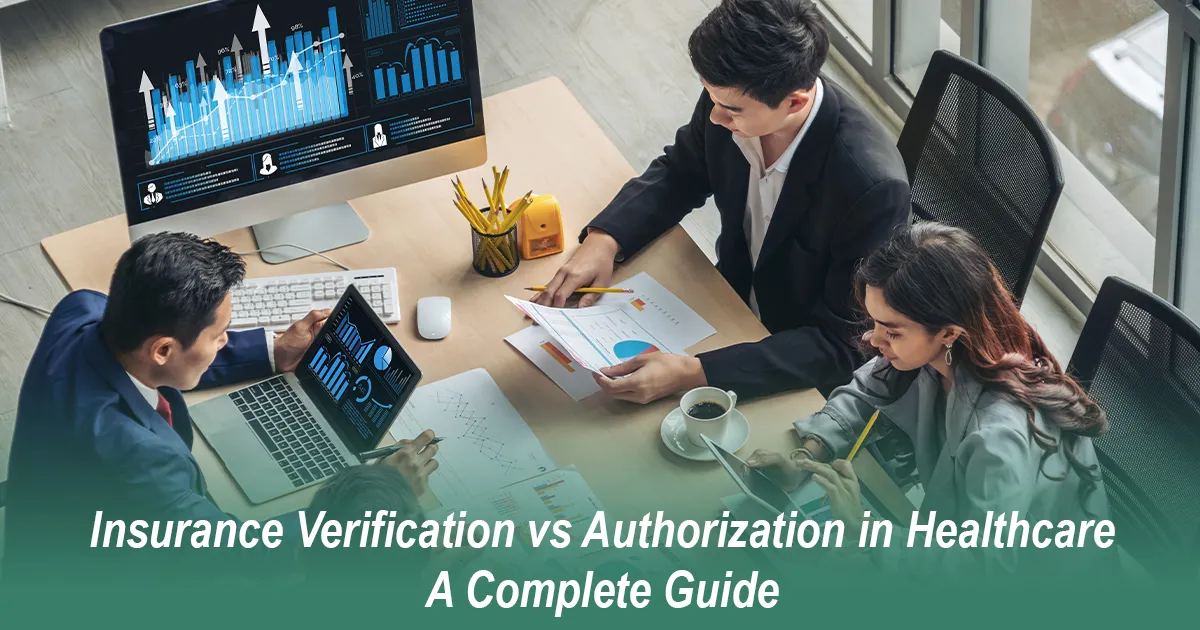
Posted Date: Sep 05, 2025

Posted Date: Sep 08, 2025

Posted Date: Sep 15, 2025
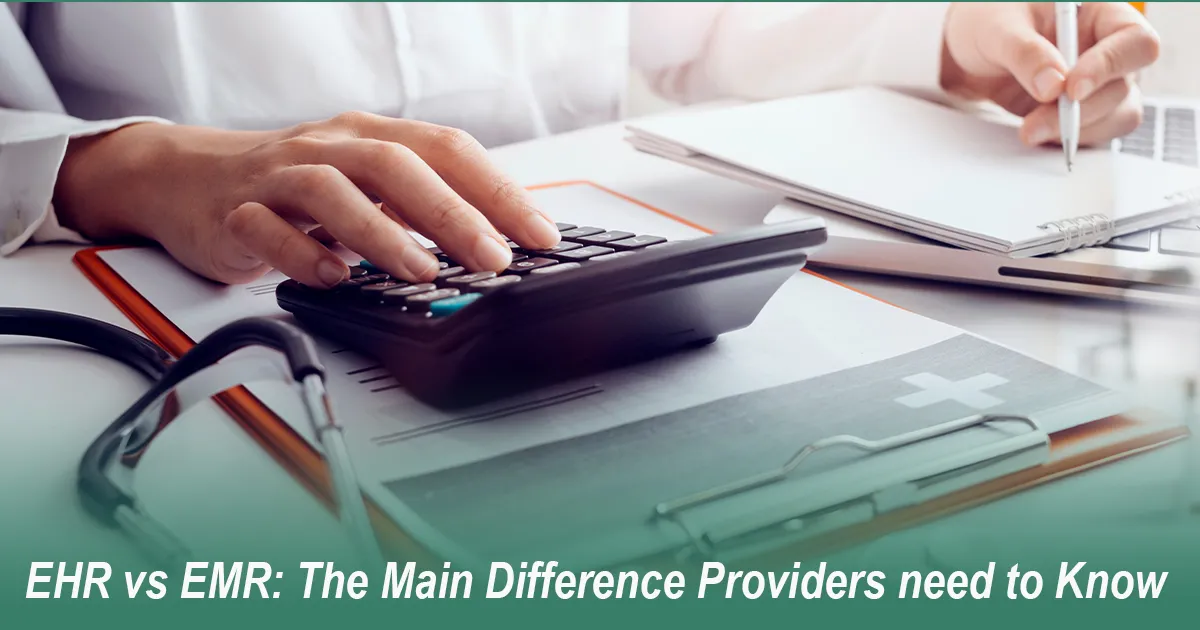
Posted Date: Sep 18, 2025

Posted Date: Sep 22, 2025

Posted Date: Sep 24, 2025

Posted Date: Sep 26, 2025
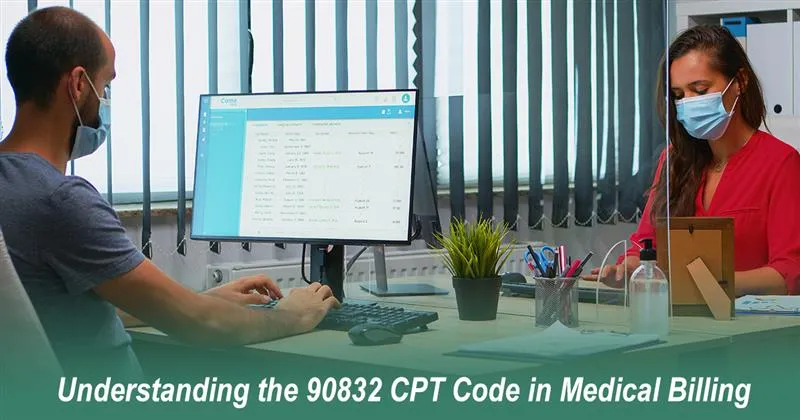
Posted Date: Sep 29, 2025
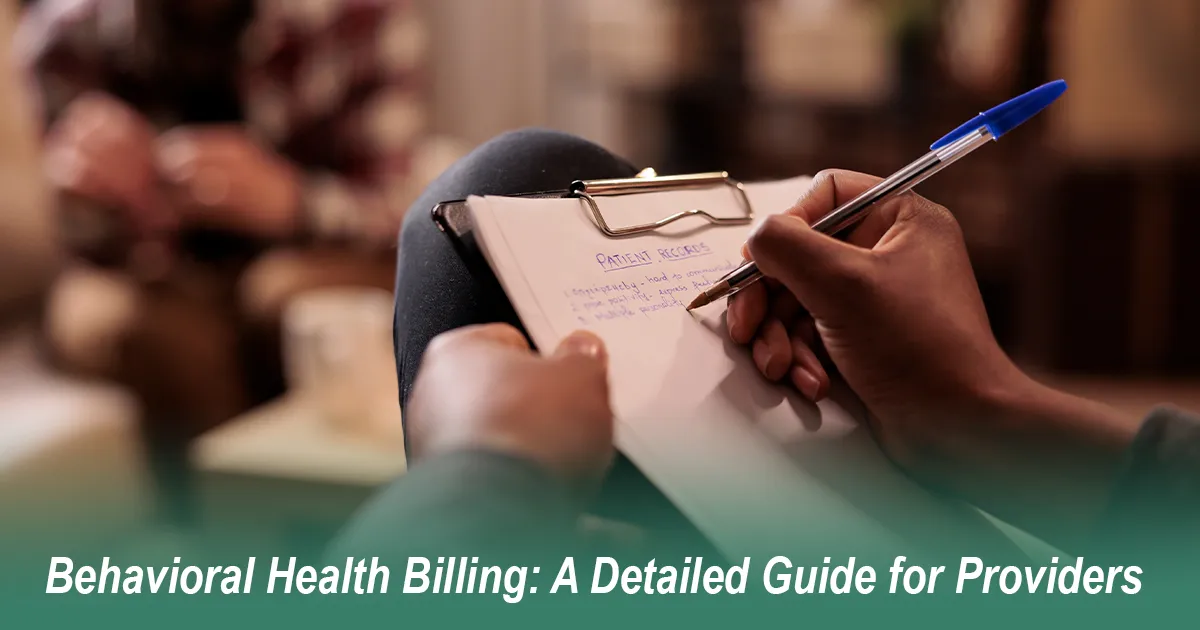
Posted Date: Oct 02, 2025
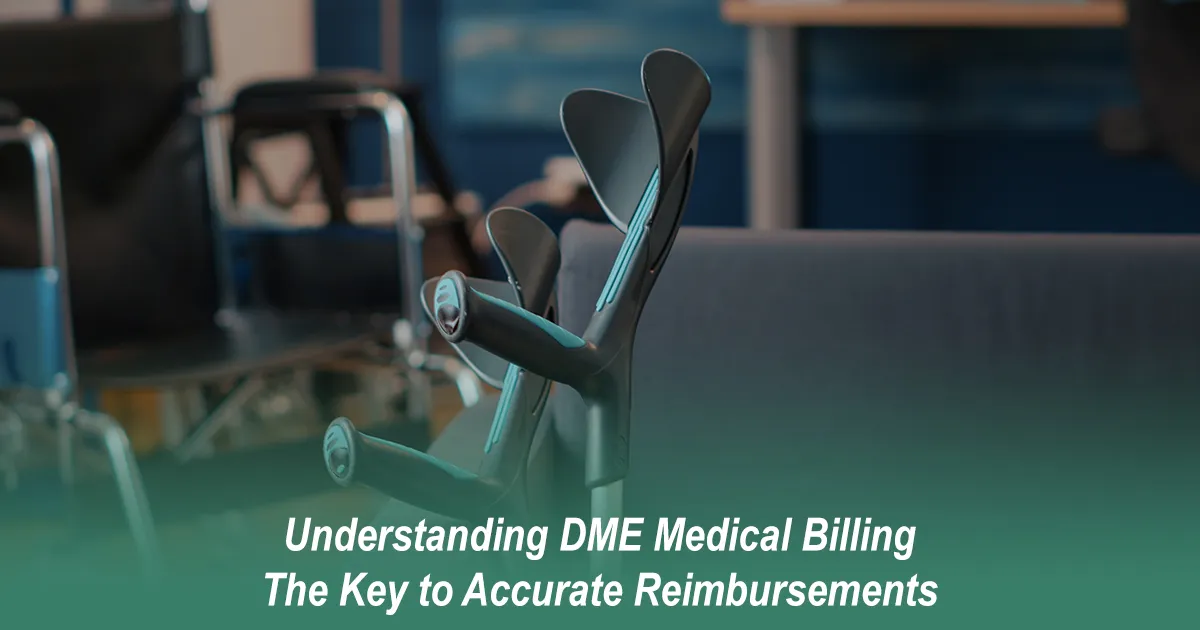
Posted Date: Oct 13, 2025

Posted Date: Oct 16, 2025
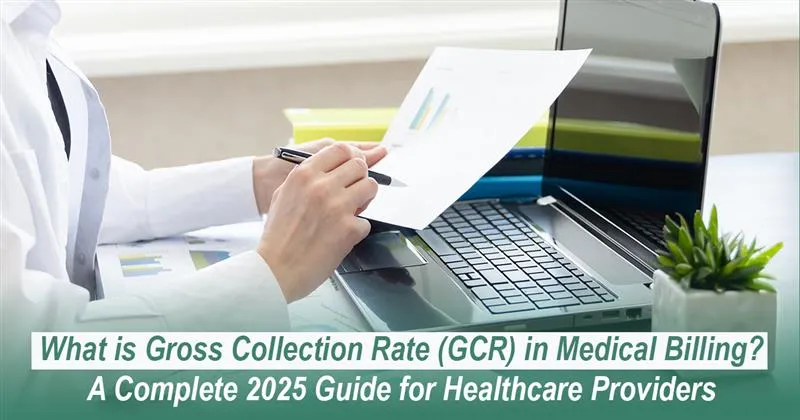
Posted Date: Oct 23, 2025
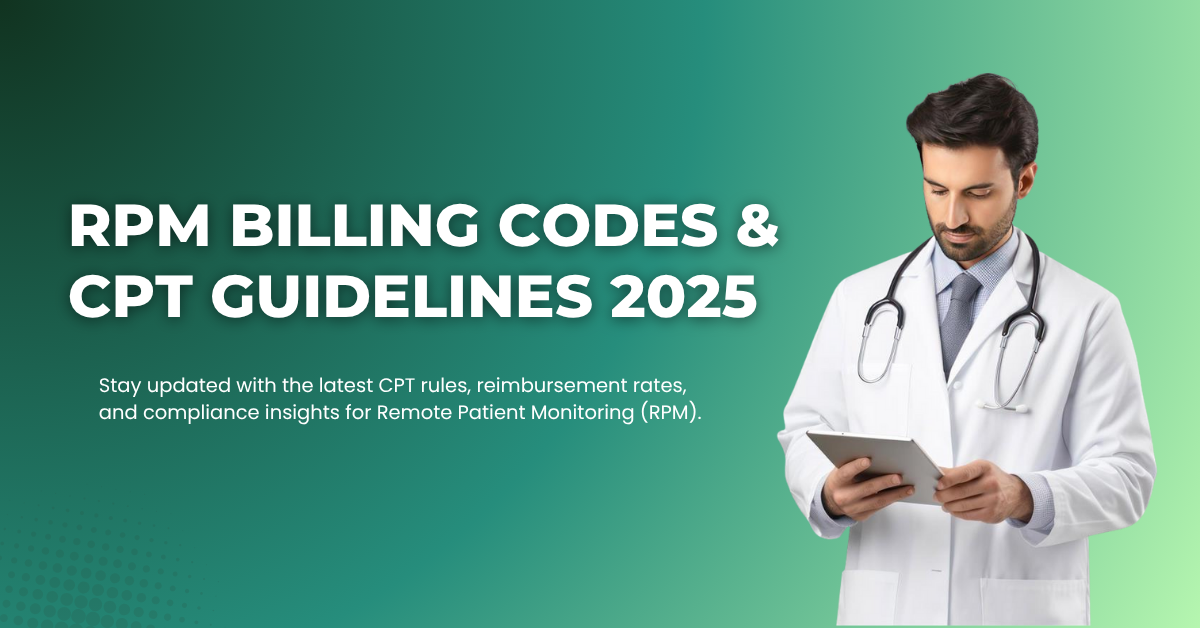
Posted Date: Oct 27, 2025

Posted Date: Oct 28, 2025
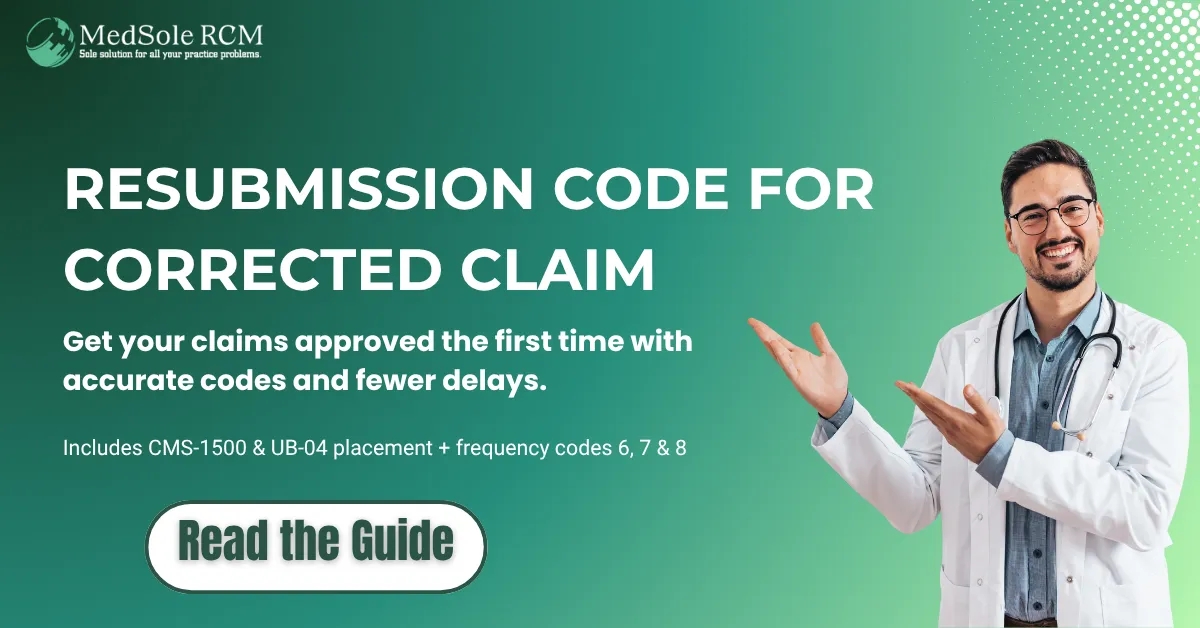
Posted Date: Oct 30, 2025
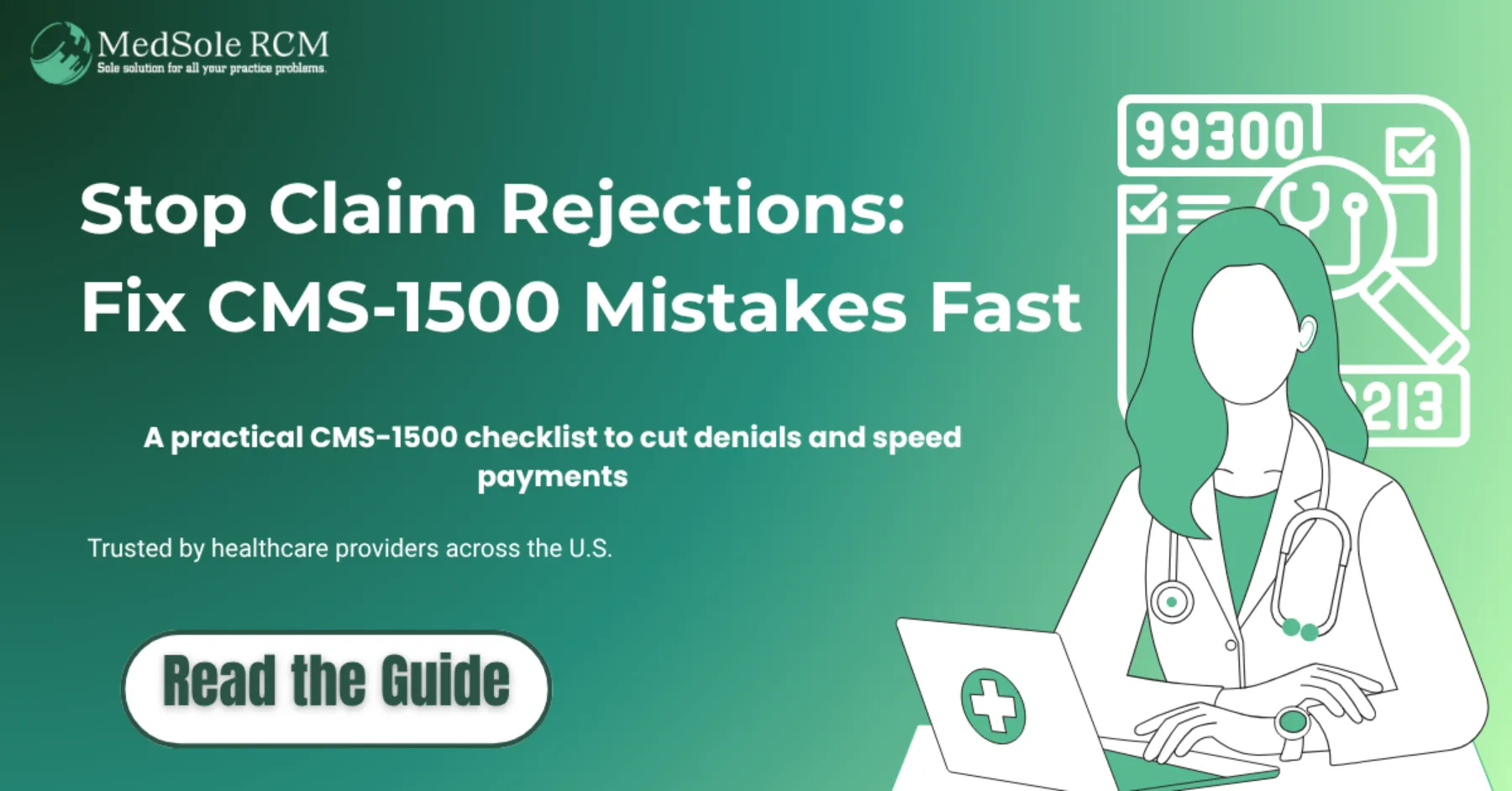
Posted Date: Oct 31, 2025
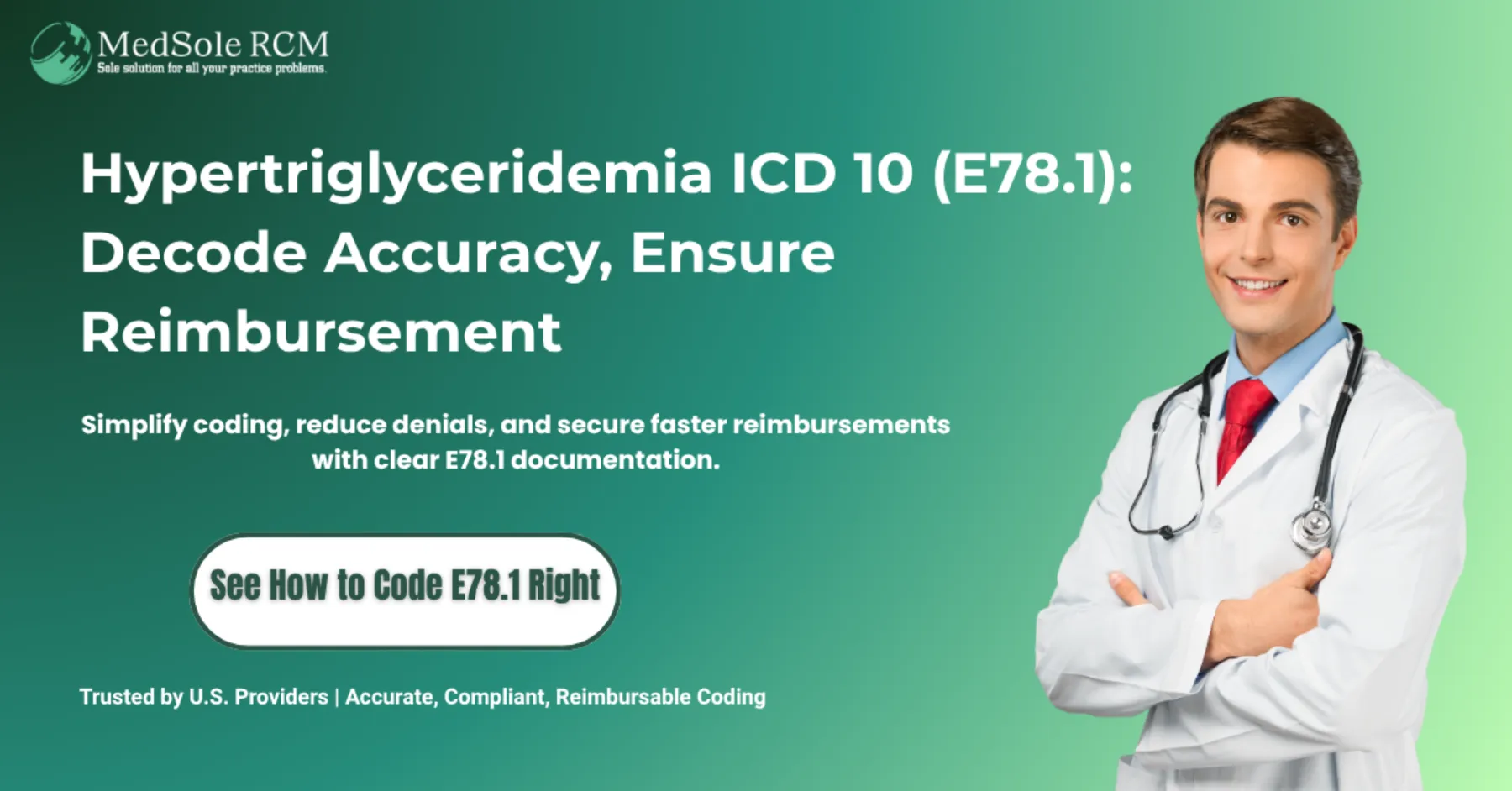
Posted Date: Nov 03, 2025
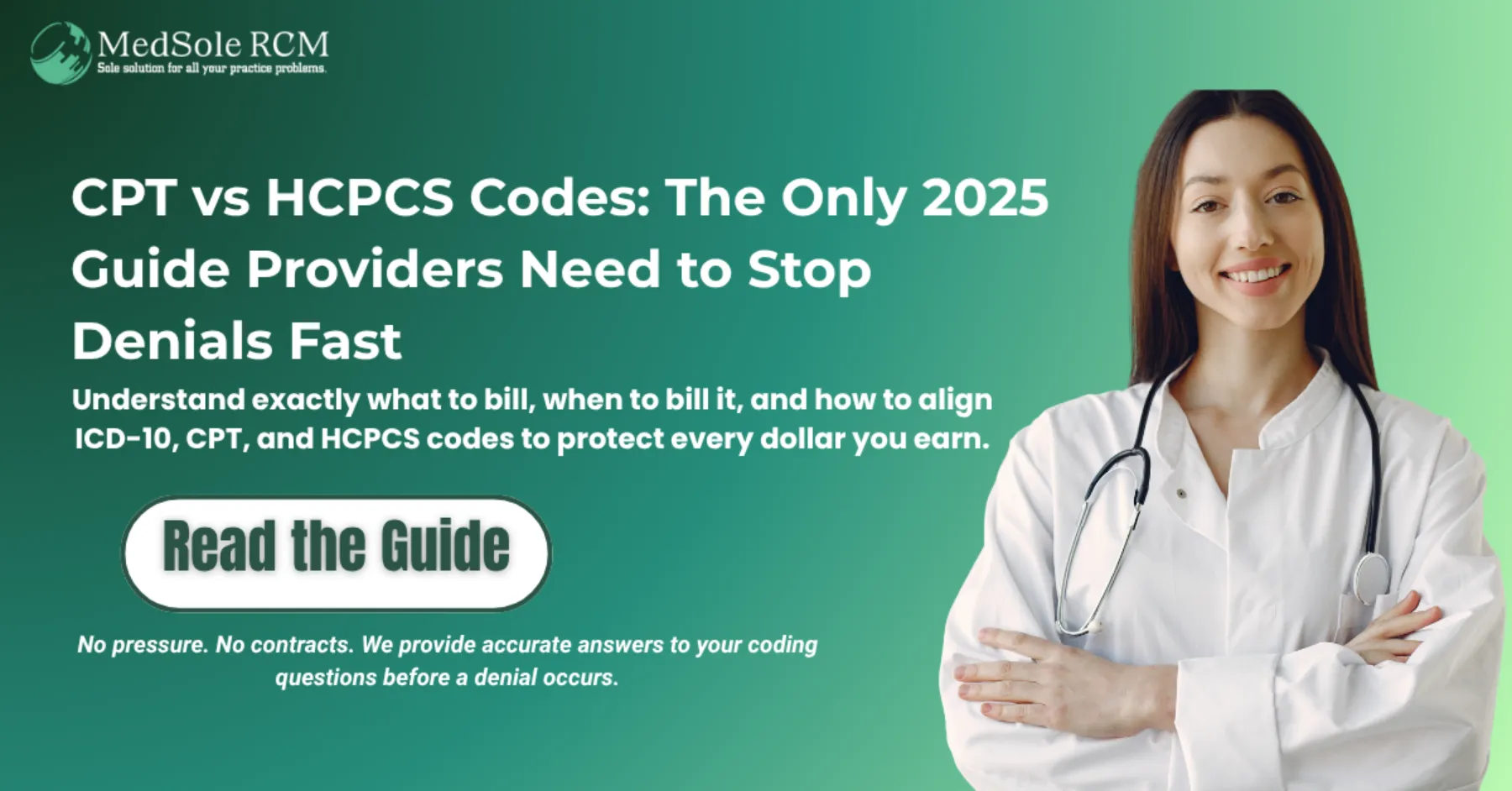
Posted Date: Nov 05, 2025
_11zon.webp)
Posted Date: Nov 11, 2025
.webp)
Posted Date: Nov 14, 2025

Posted Date: Jan 05, 2026
.png)
Posted Date: Jan 02, 2026
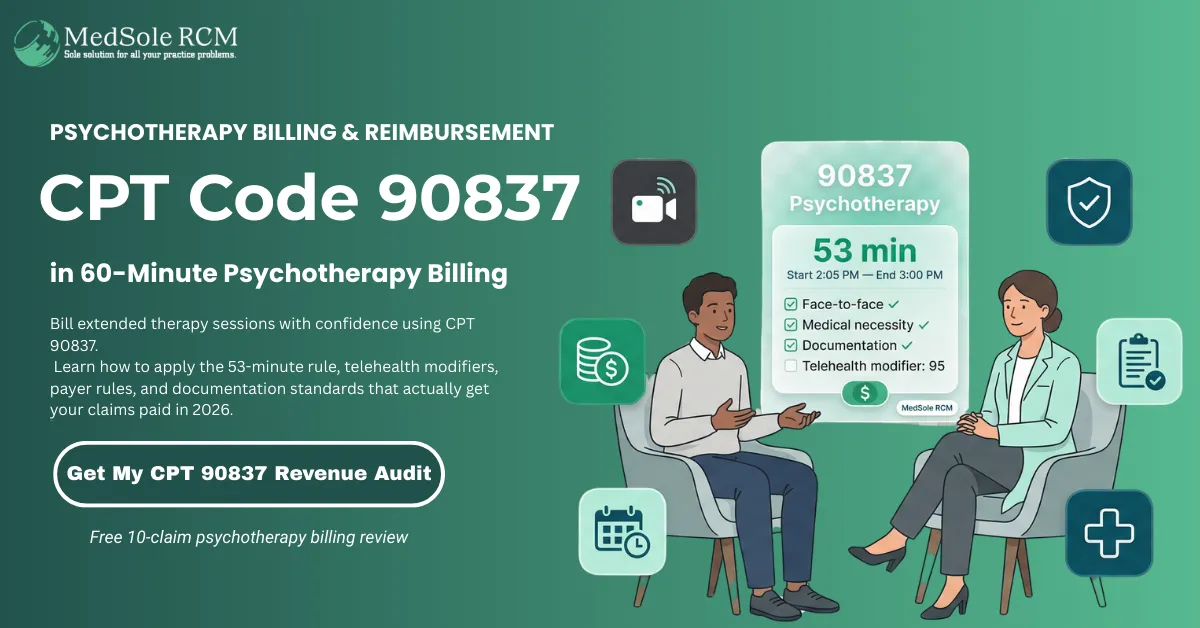
Posted Date: Jan 06, 2026
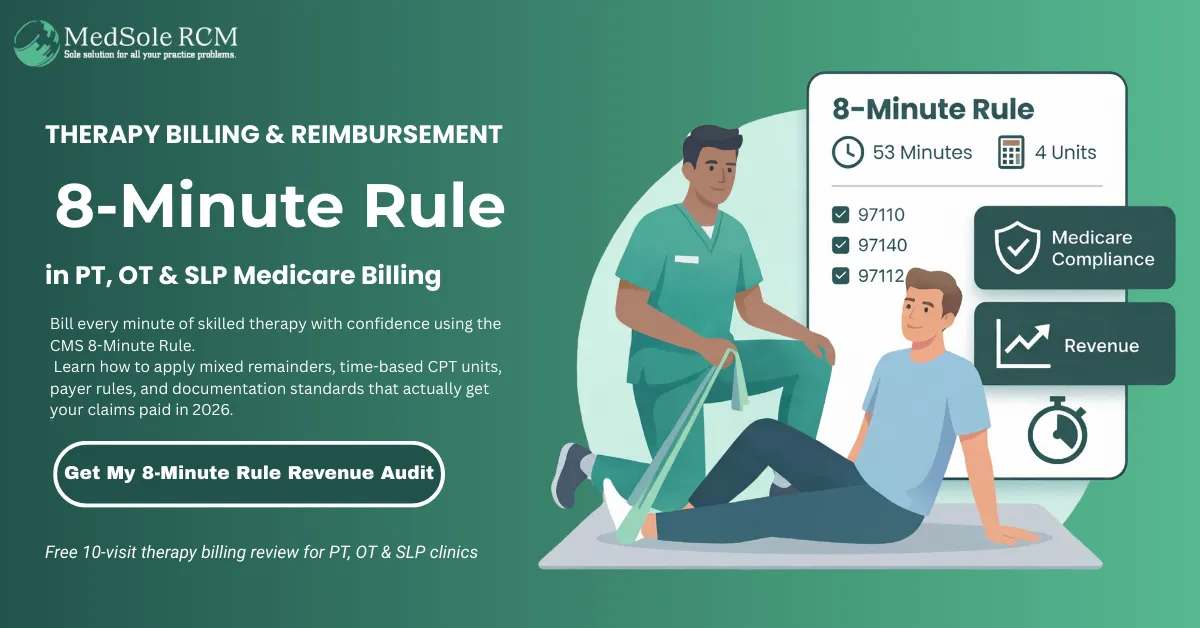
Posted Date: Jan 07, 2026
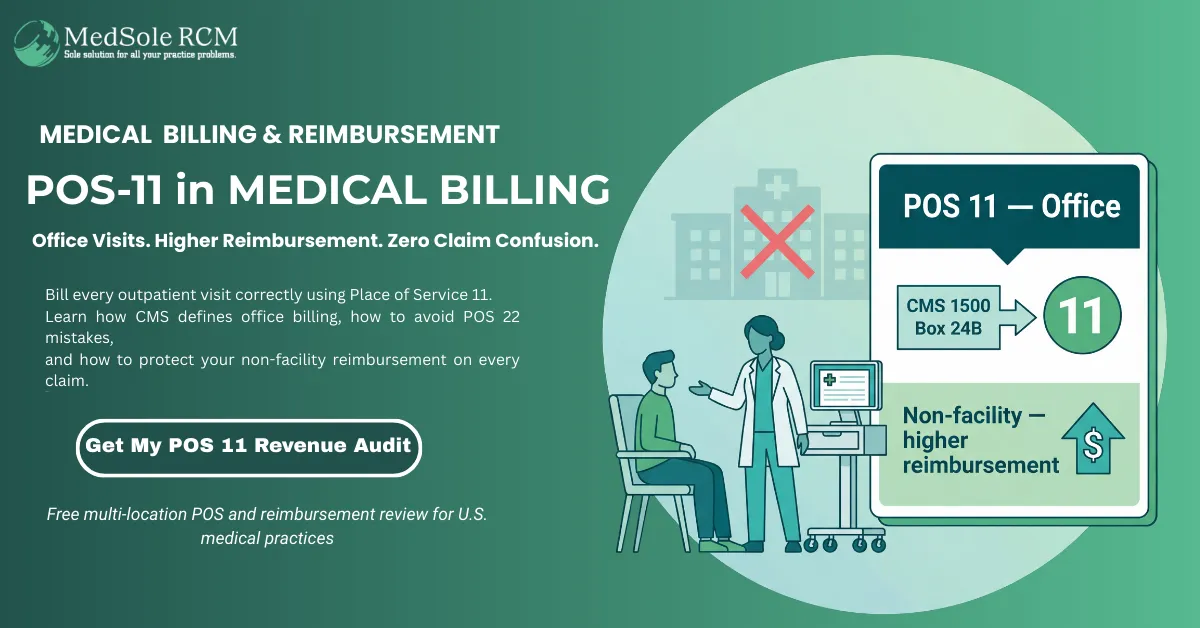
Posted Date: Jan 08, 2026
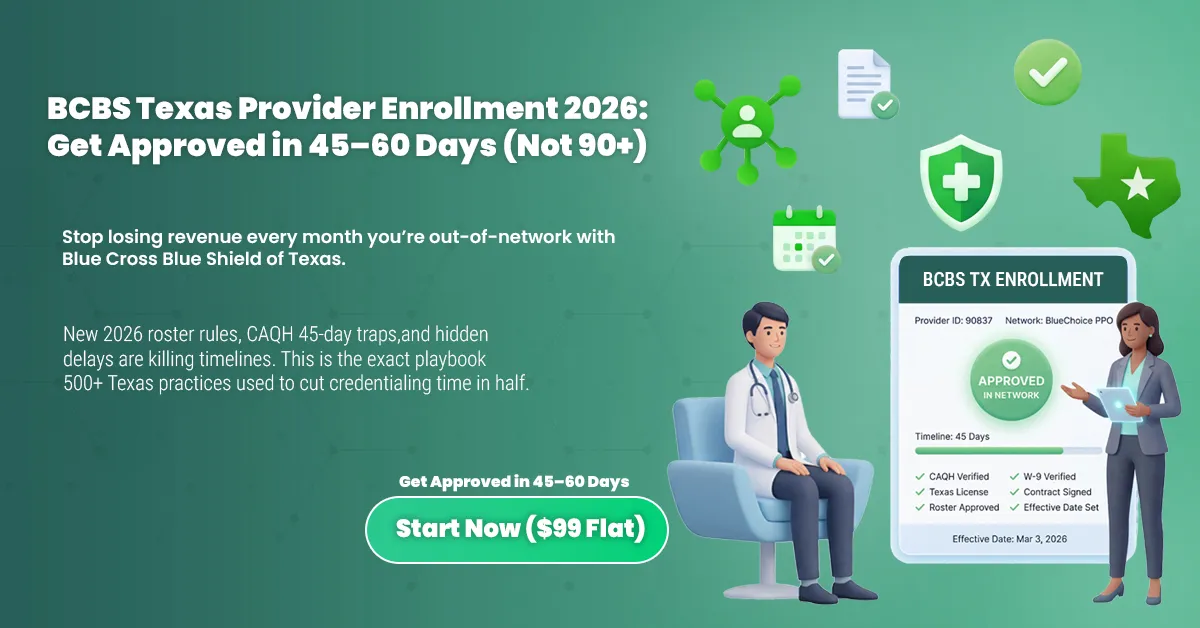
Posted Date: Jan 15, 2026
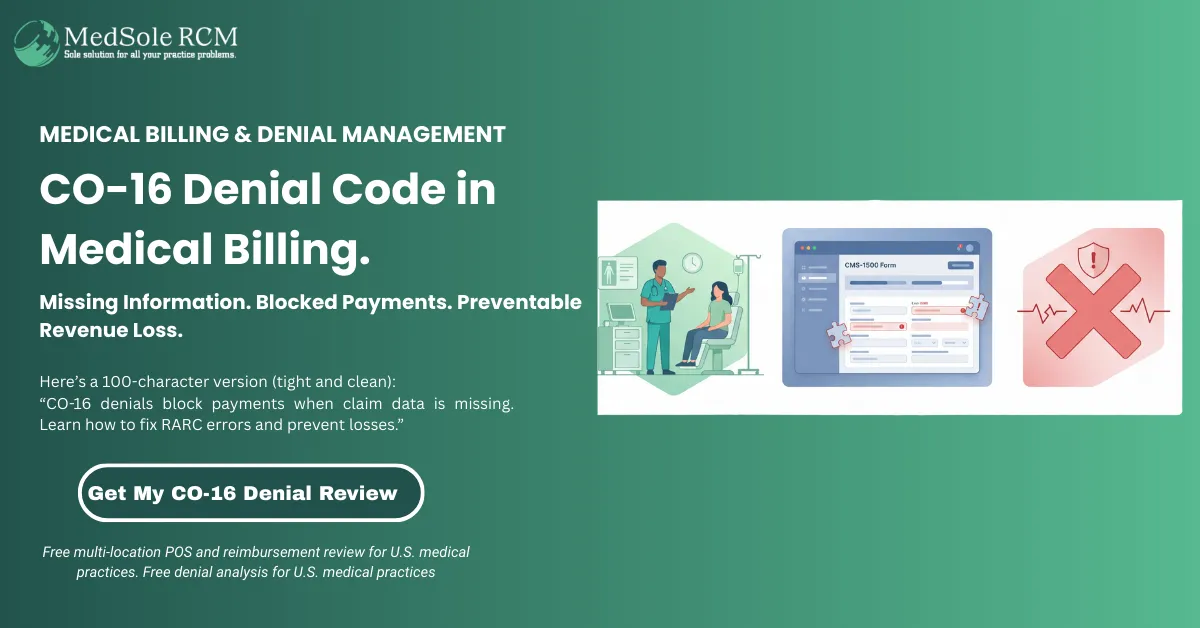
Posted Date: Jan 13, 2026
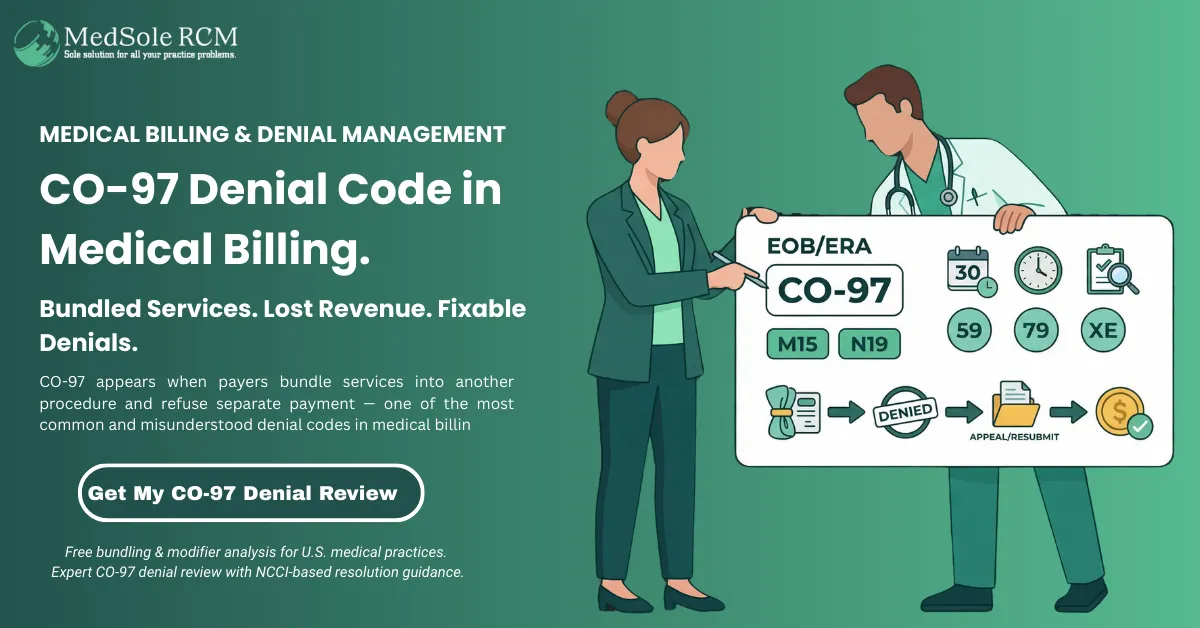
Posted Date: Jan 21, 2026
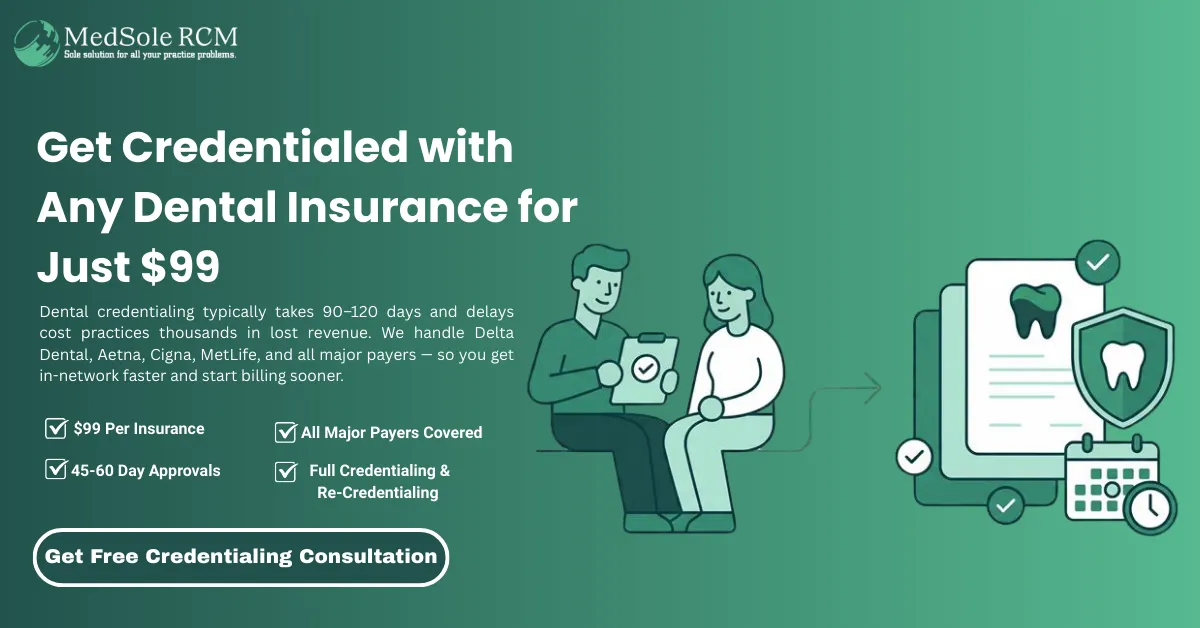
Posted Date: Jan 22, 2026
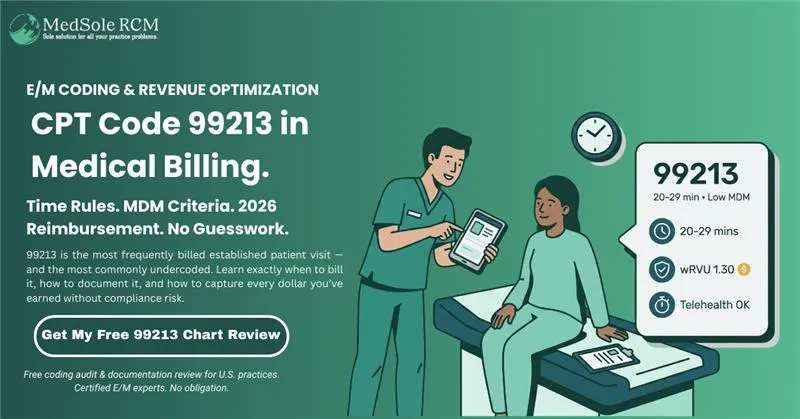
Posted Date: Jan 26, 2026
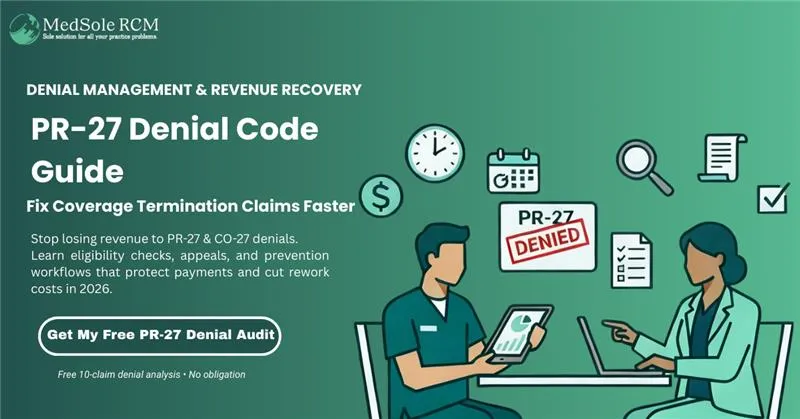
Posted Date: Jan 27, 2026
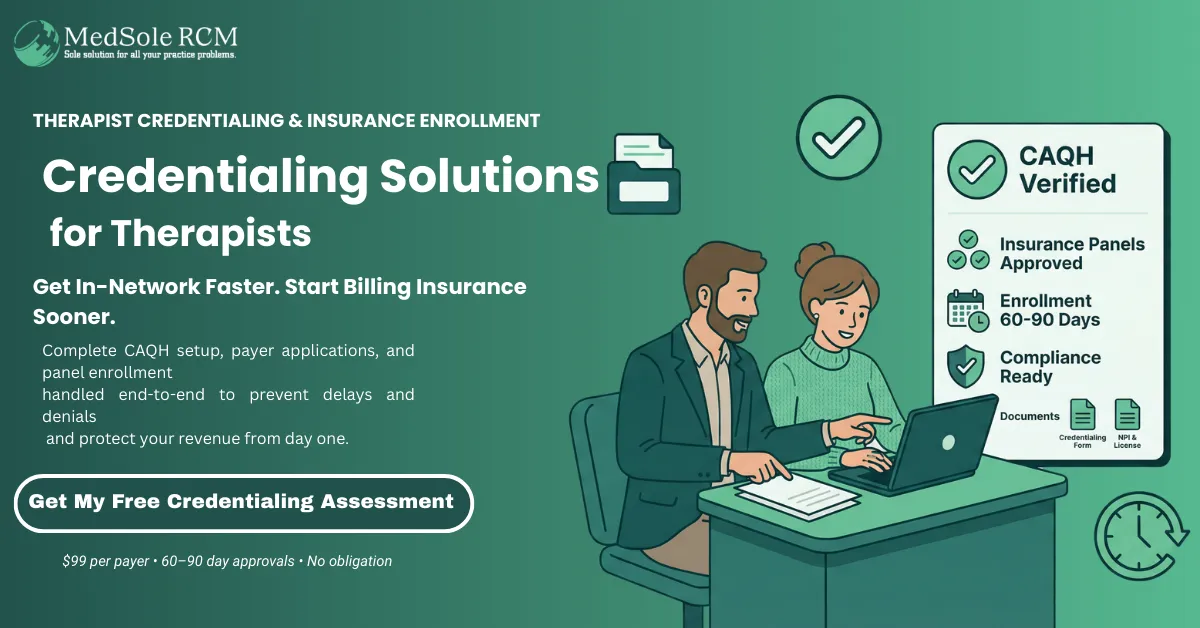
Posted Date: Jan 28, 2026
_11zon.webp)
Posted Date: Jan 29, 2026
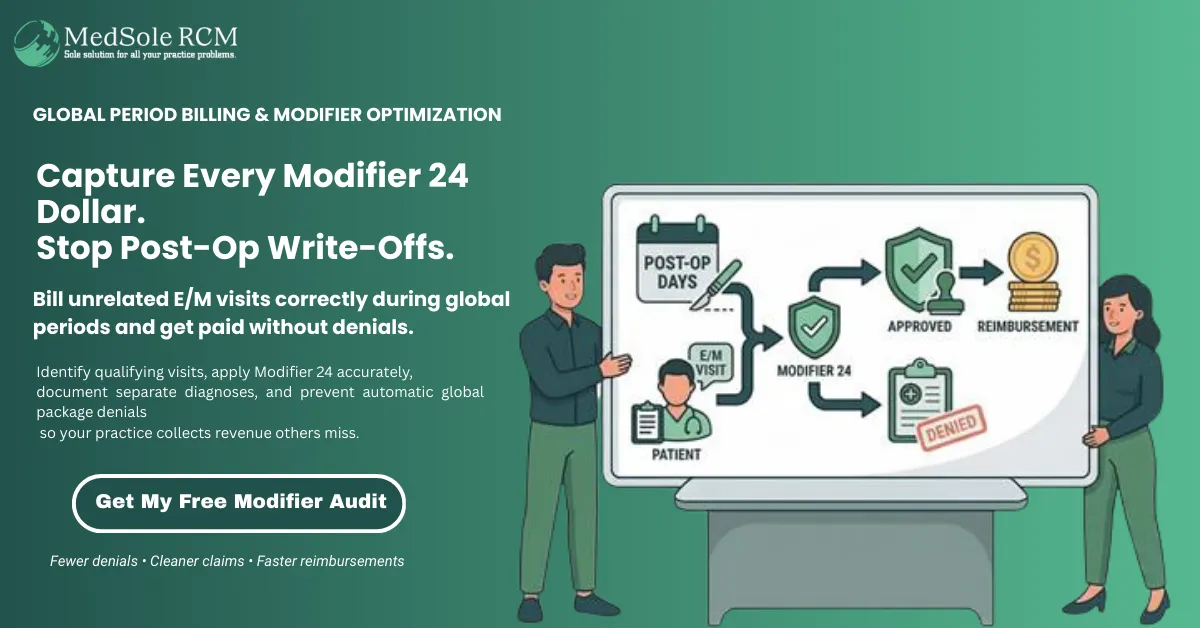
Posted Date: Jan 30, 2026
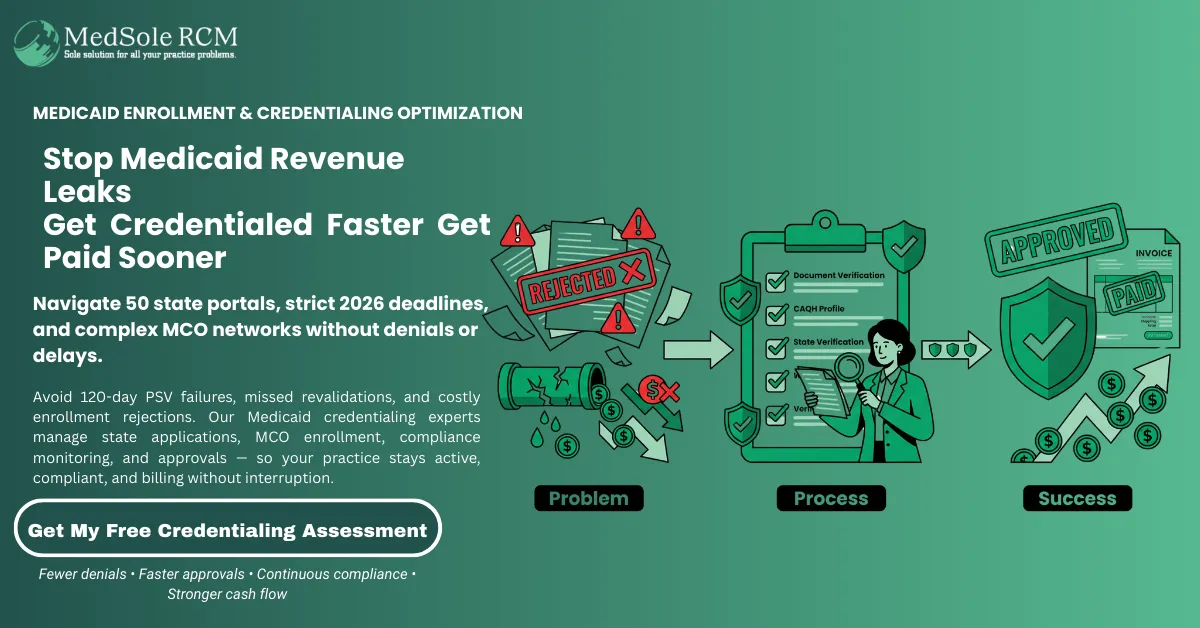
Posted Date: Feb 02, 2026
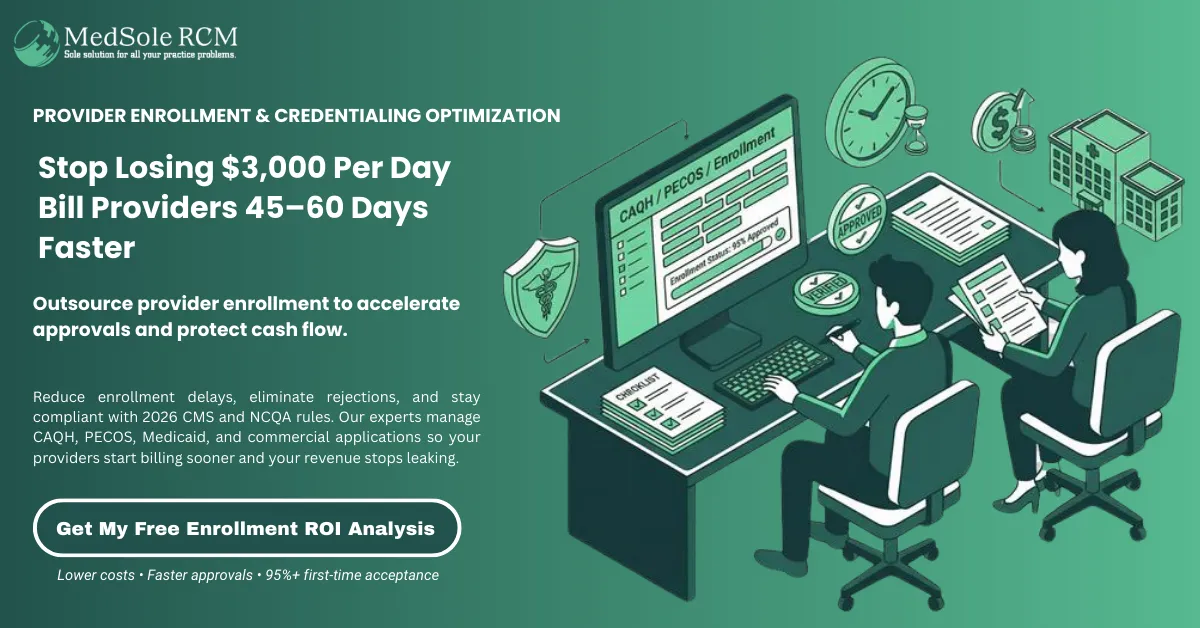
Posted Date: Feb 03, 2026
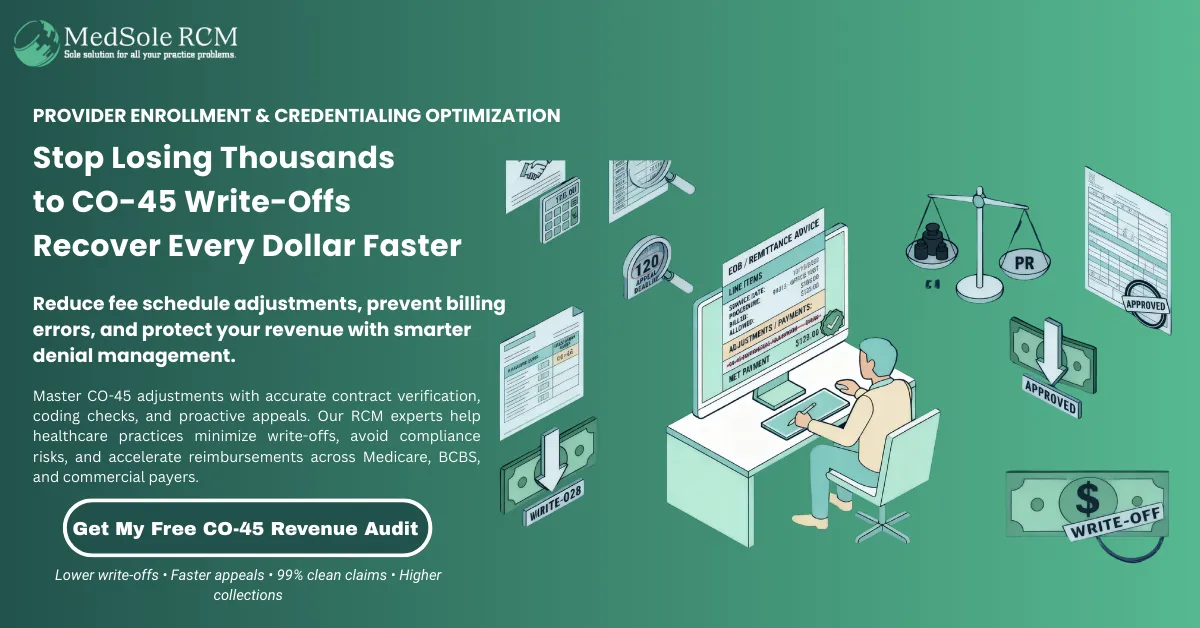
Posted Date: Feb 04, 2026
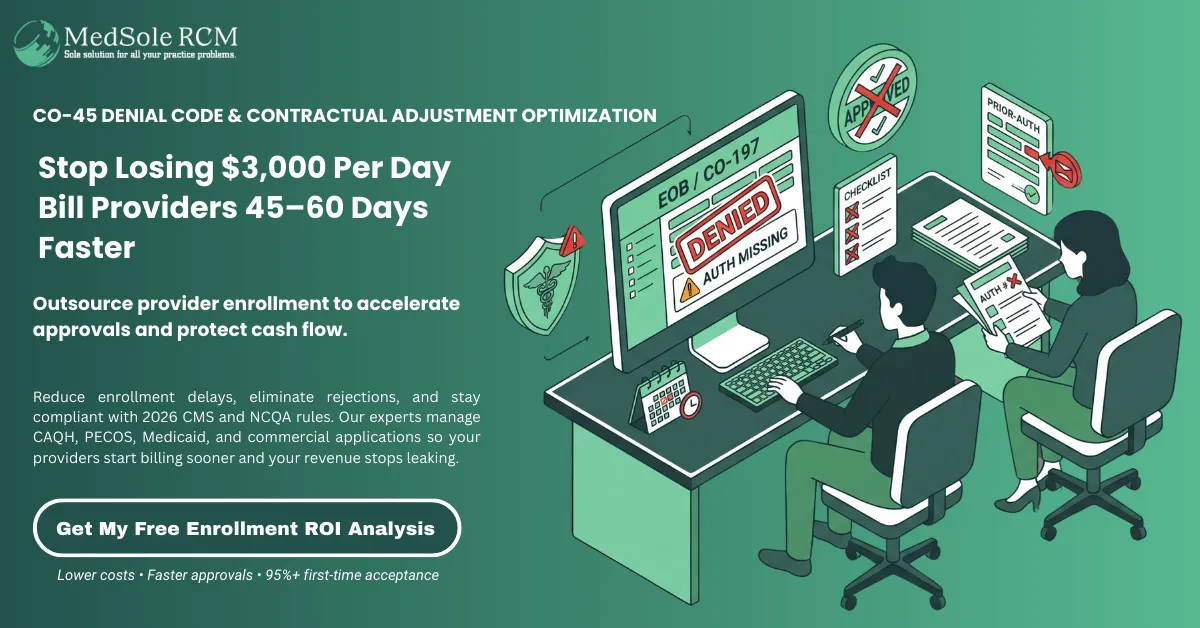
Posted Date: Feb 05, 2026
_11zon.webp)
Posted Date: Feb 06, 2026
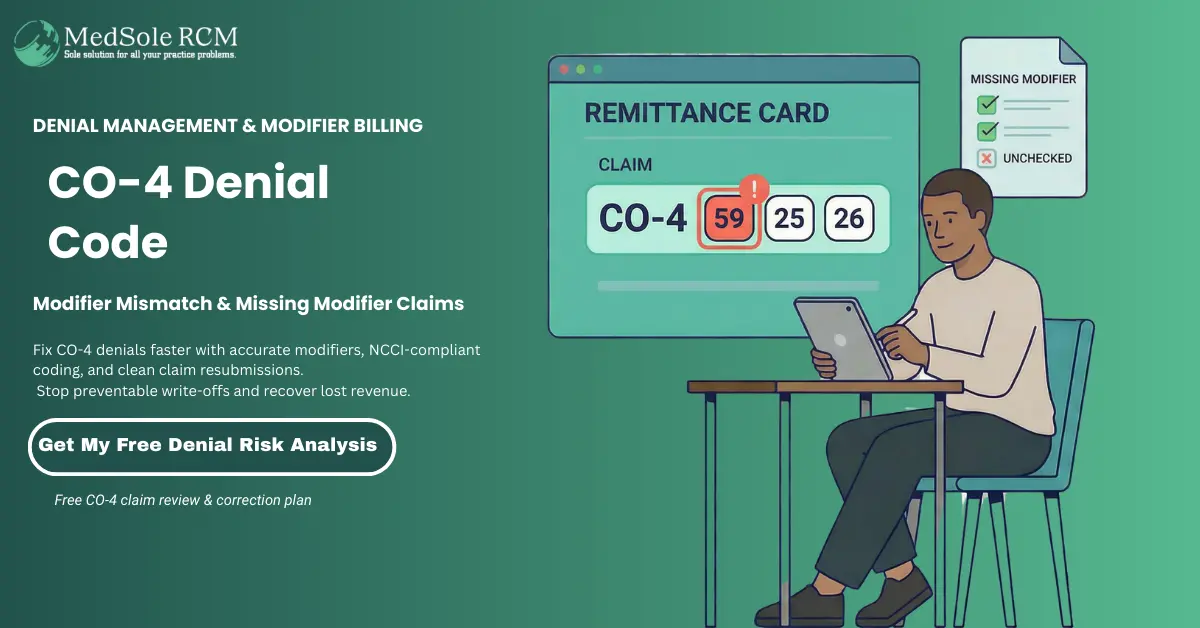
Posted Date: Feb 09, 2026
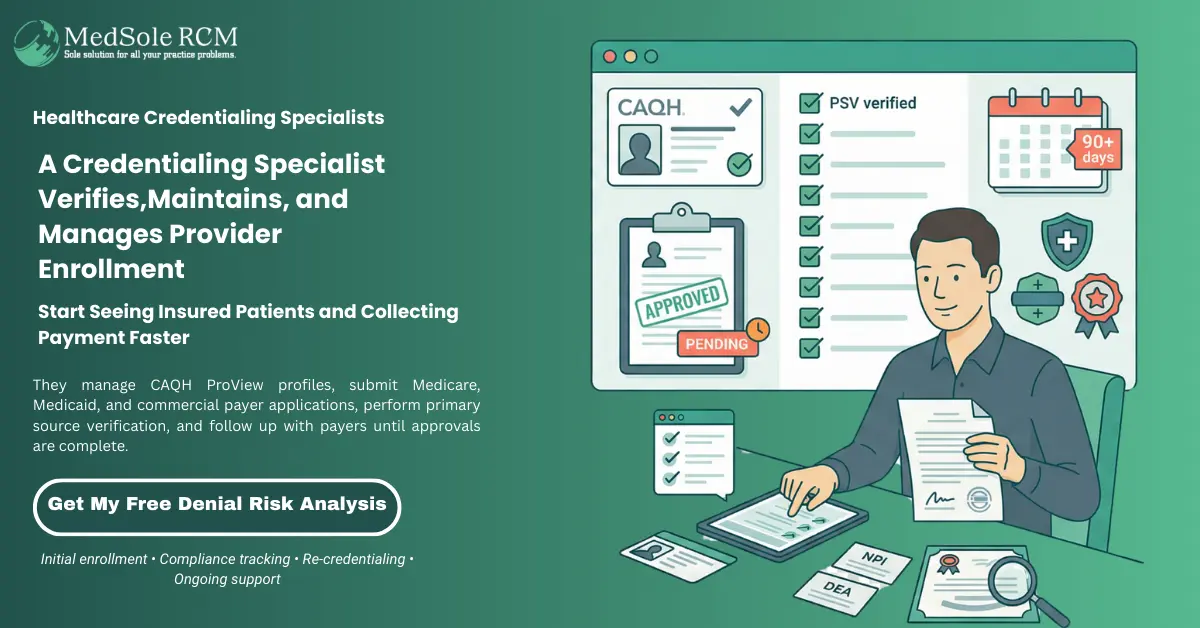
Posted Date: Feb 10, 2026
_11zon.webp)
Posted Date: Feb 11, 2026
.webp)
Posted Date: Feb 12, 2026
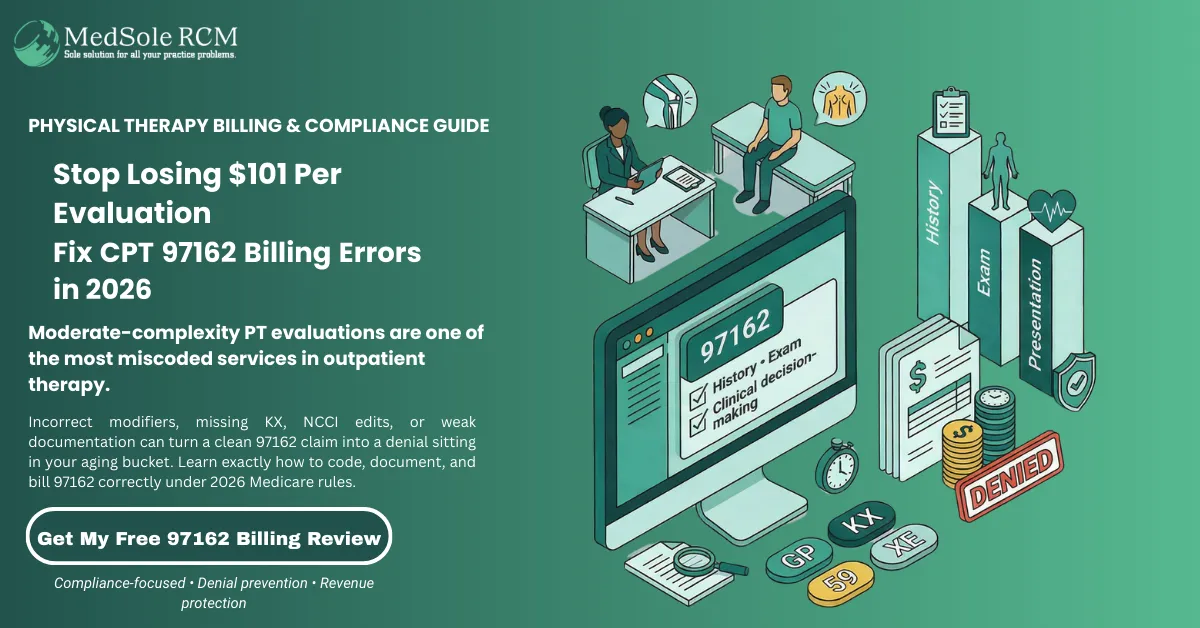
Posted Date: Feb 13, 2026
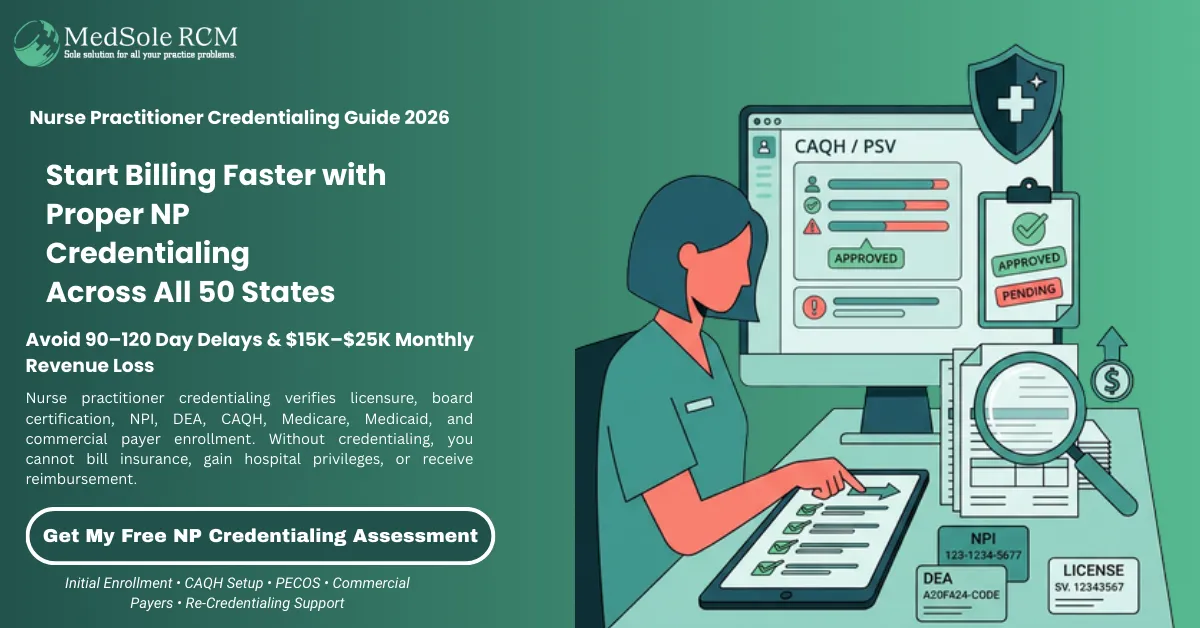
Posted Date: Feb 17, 2026